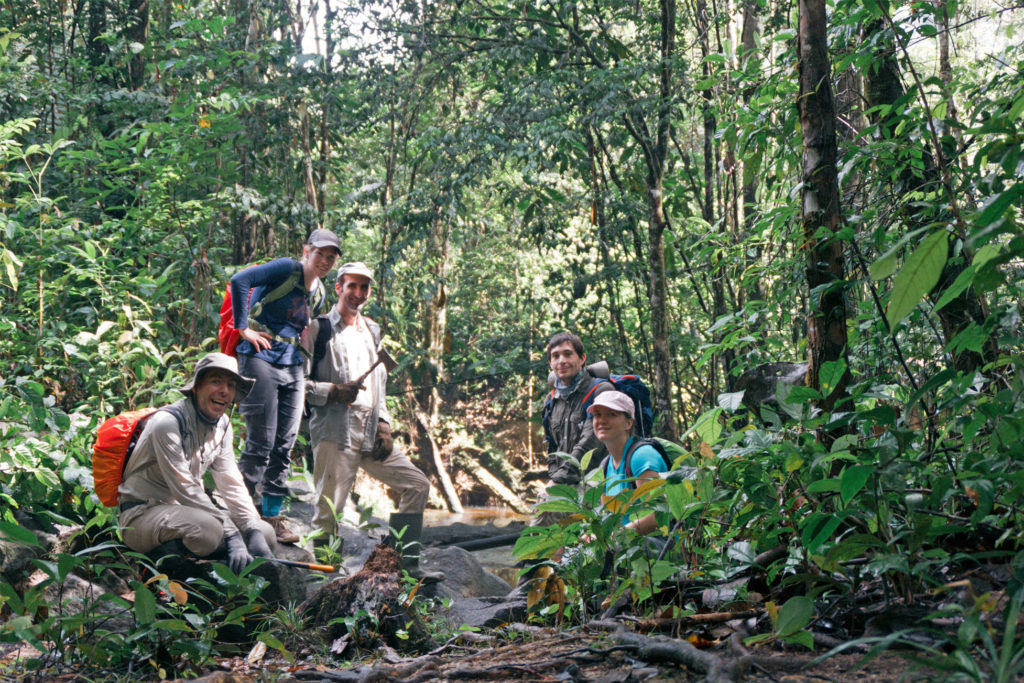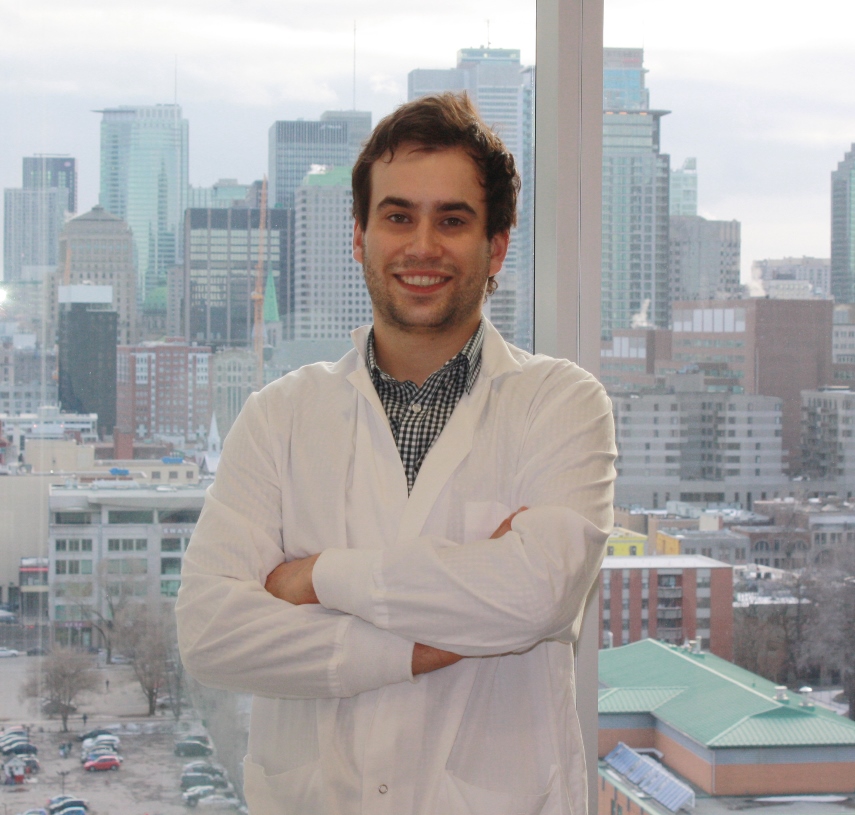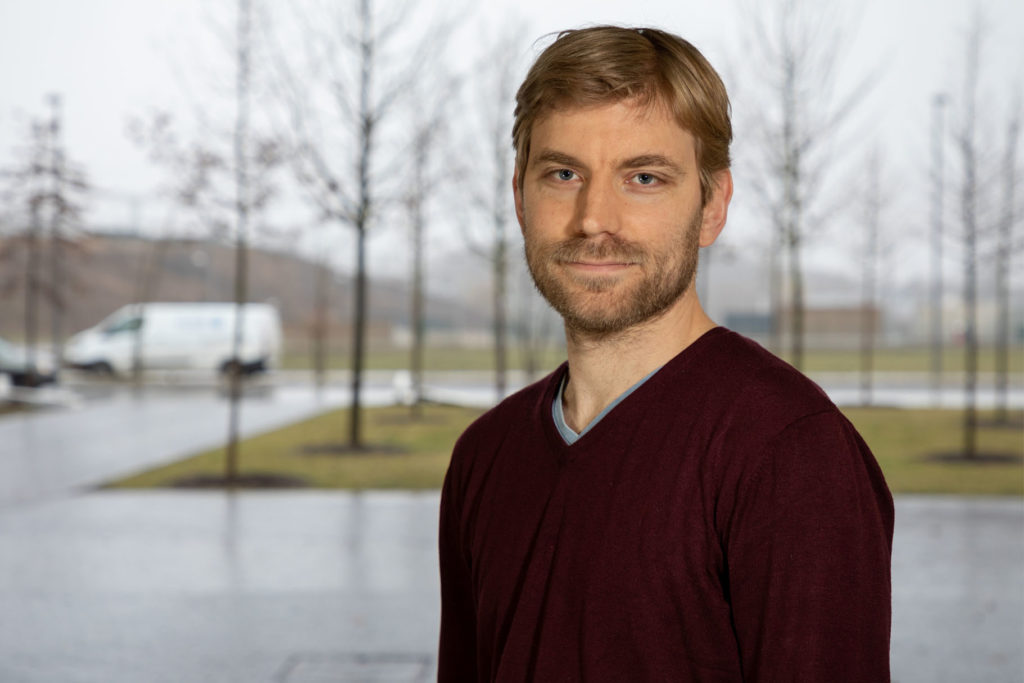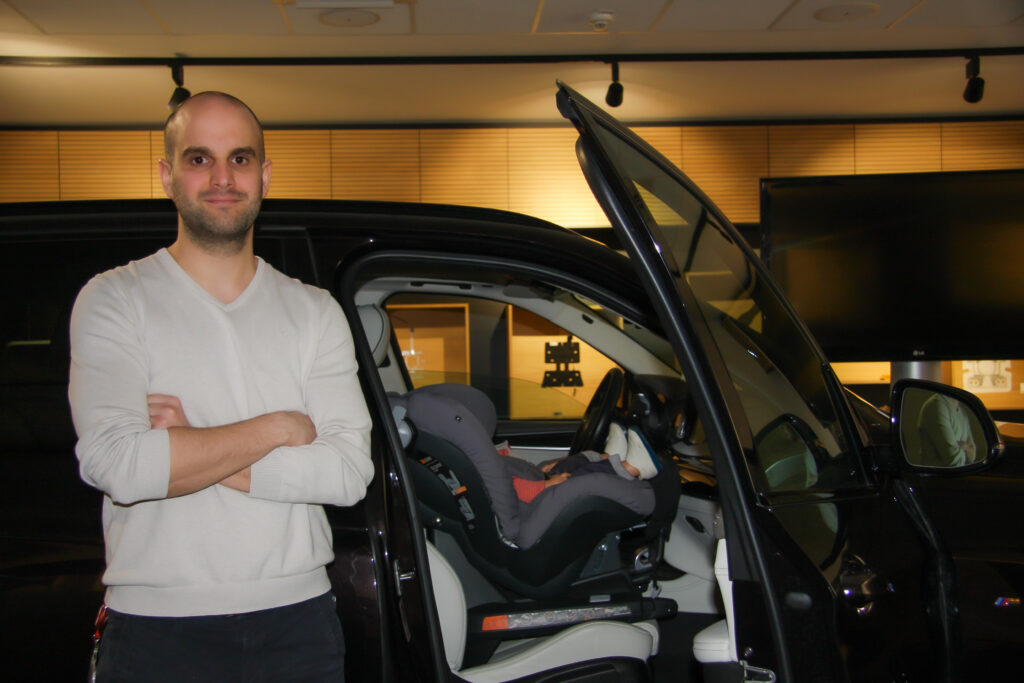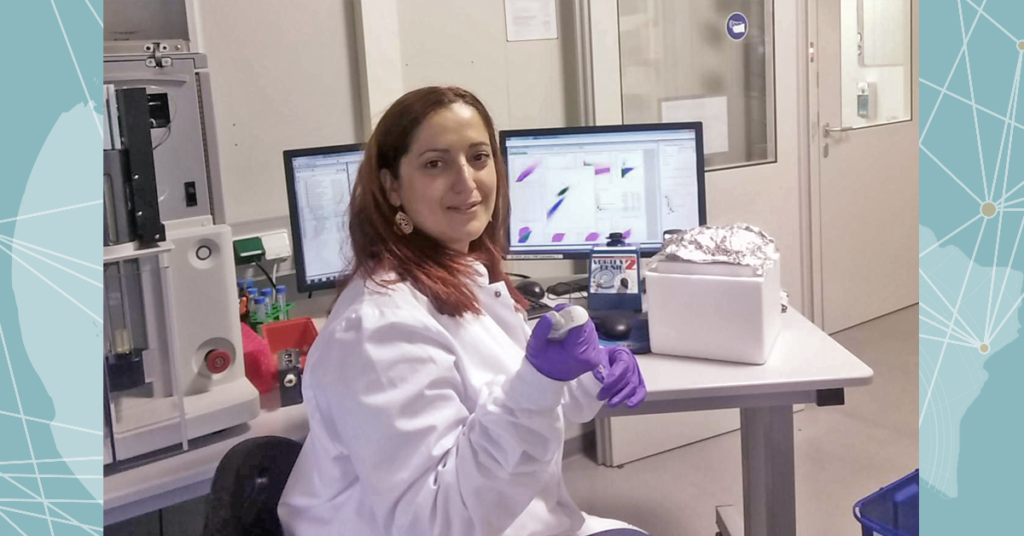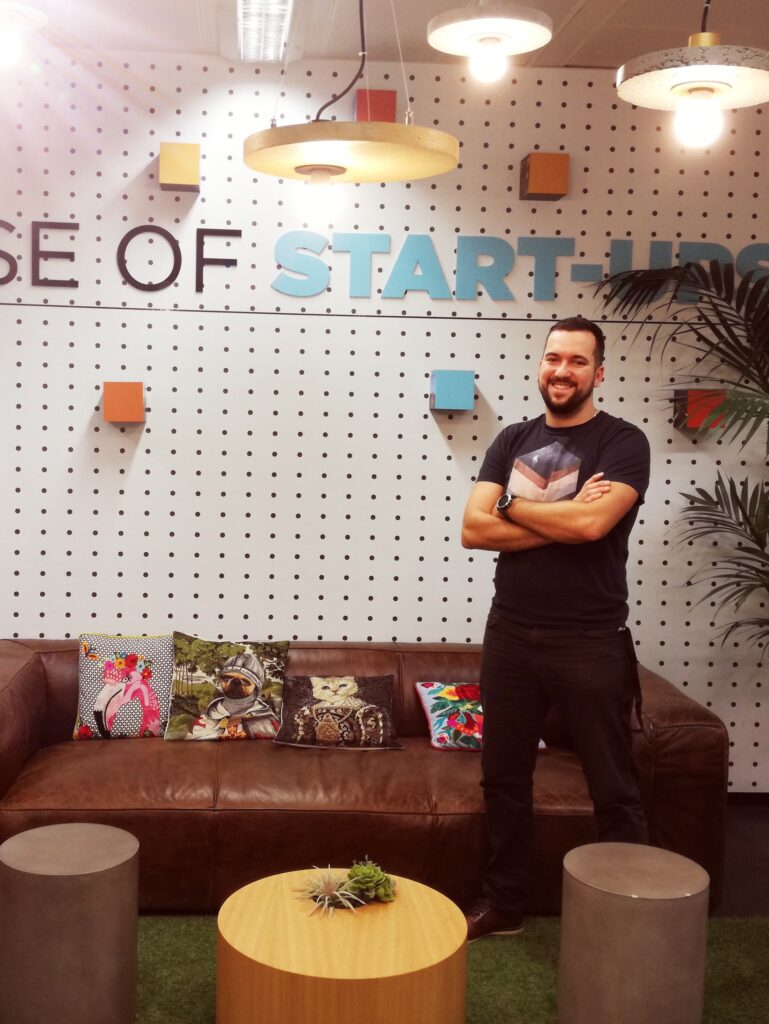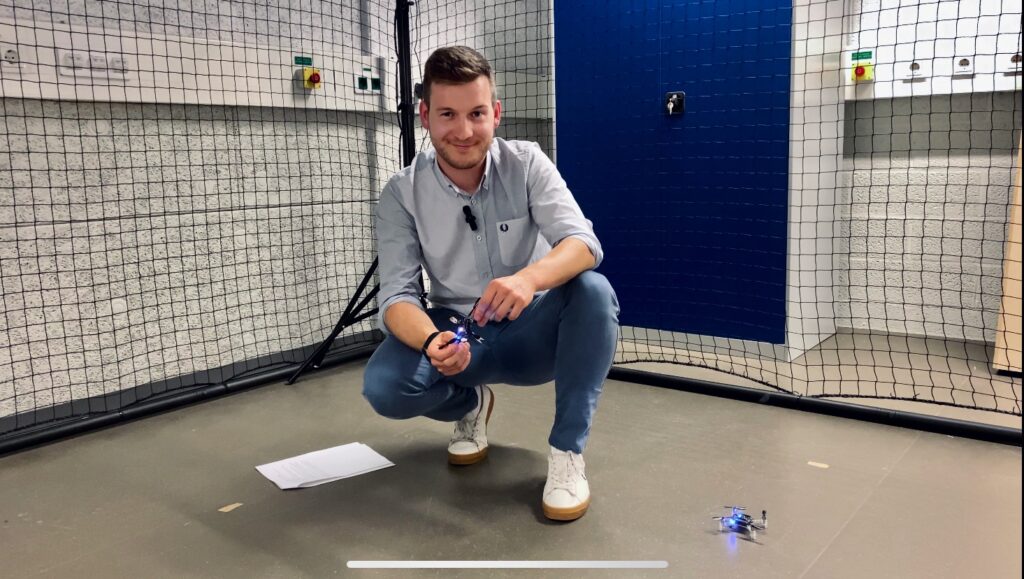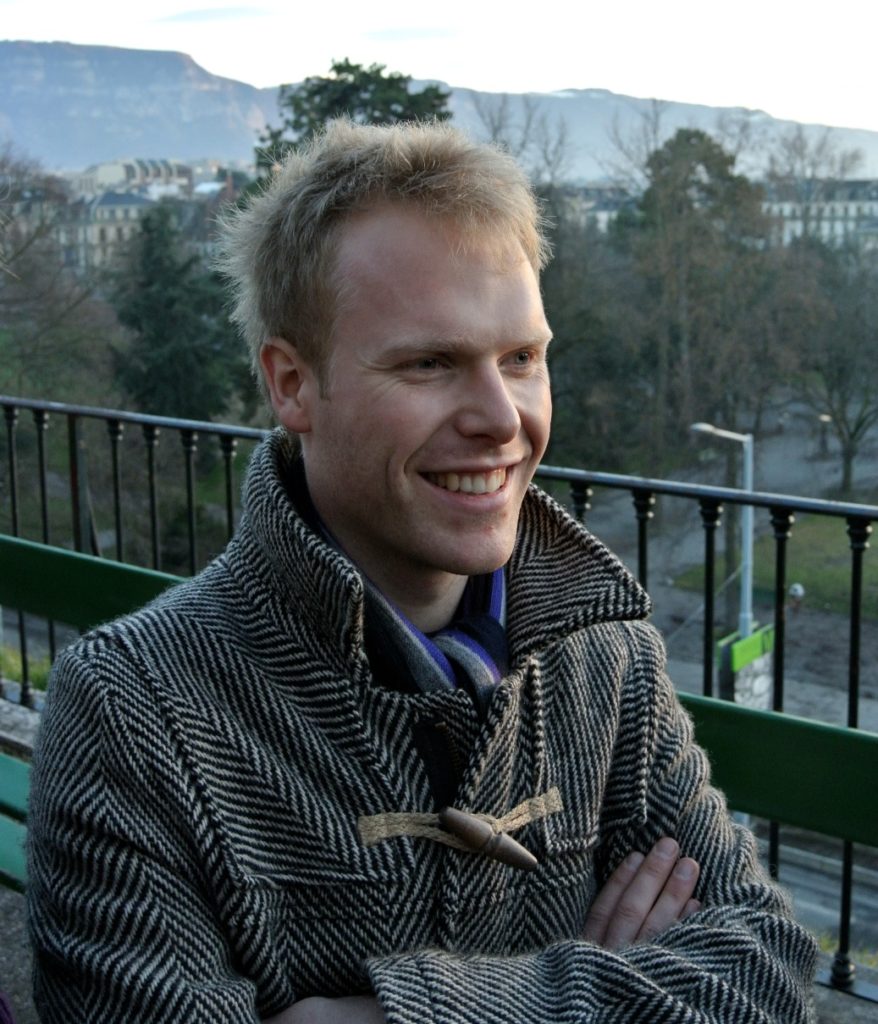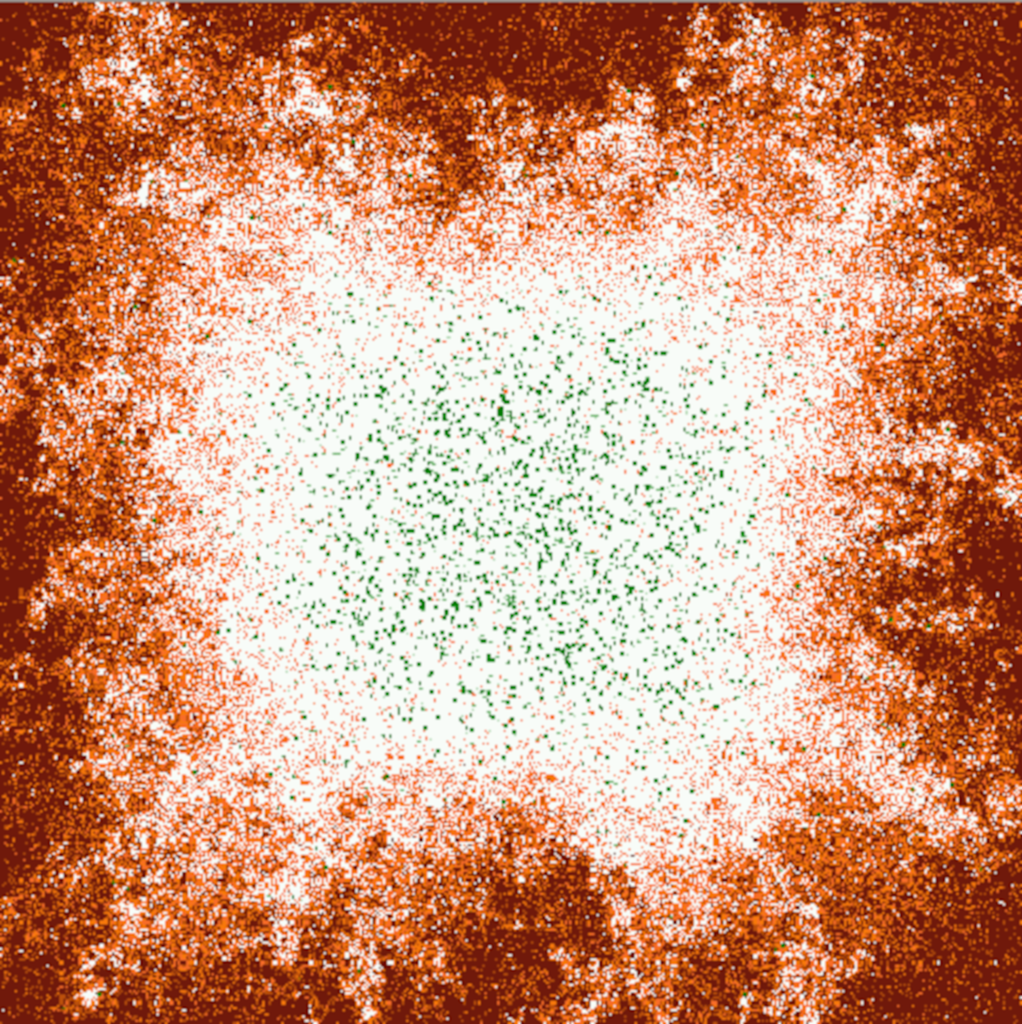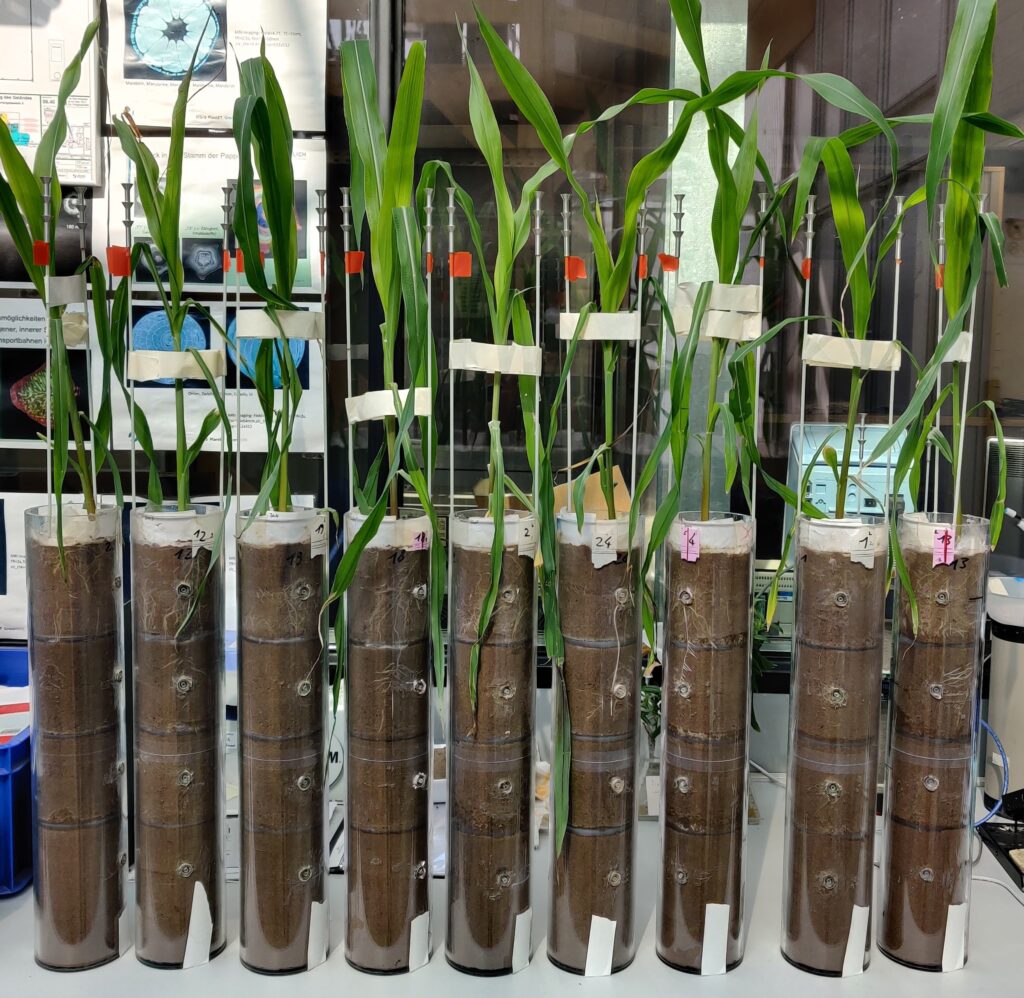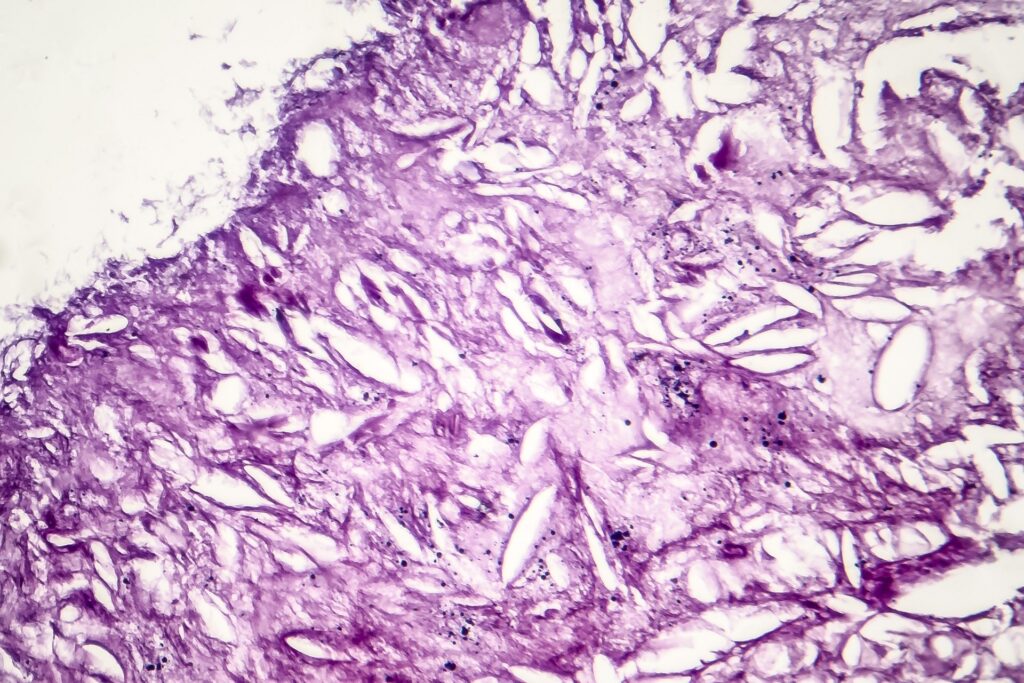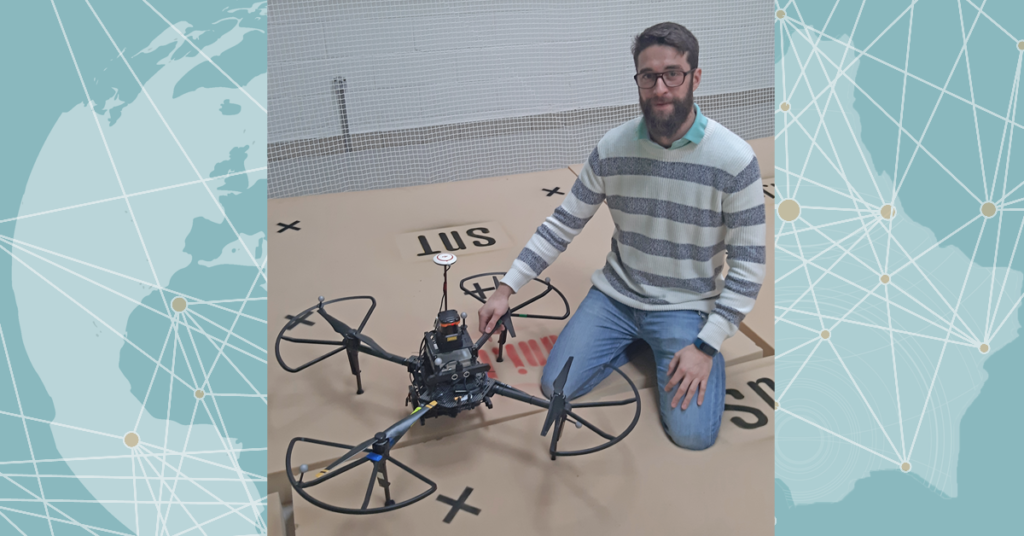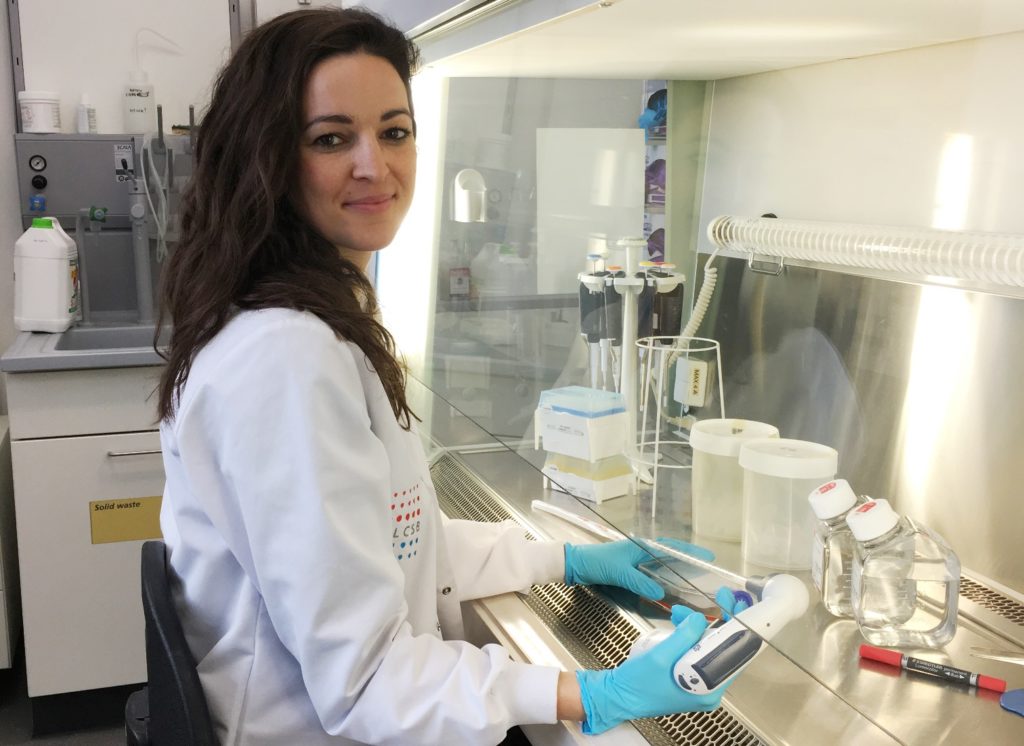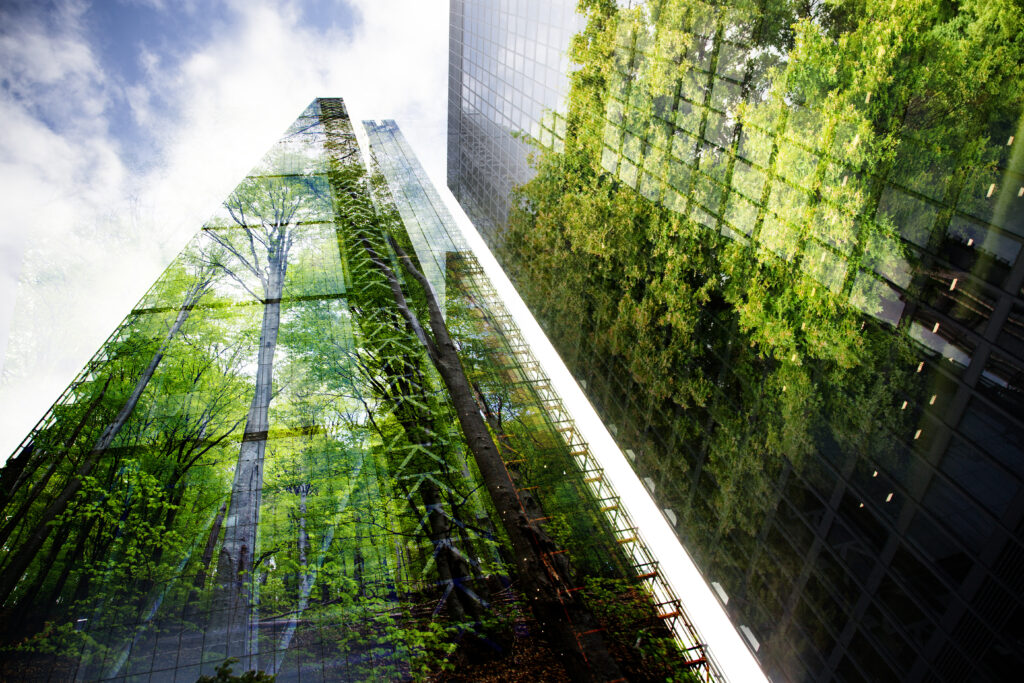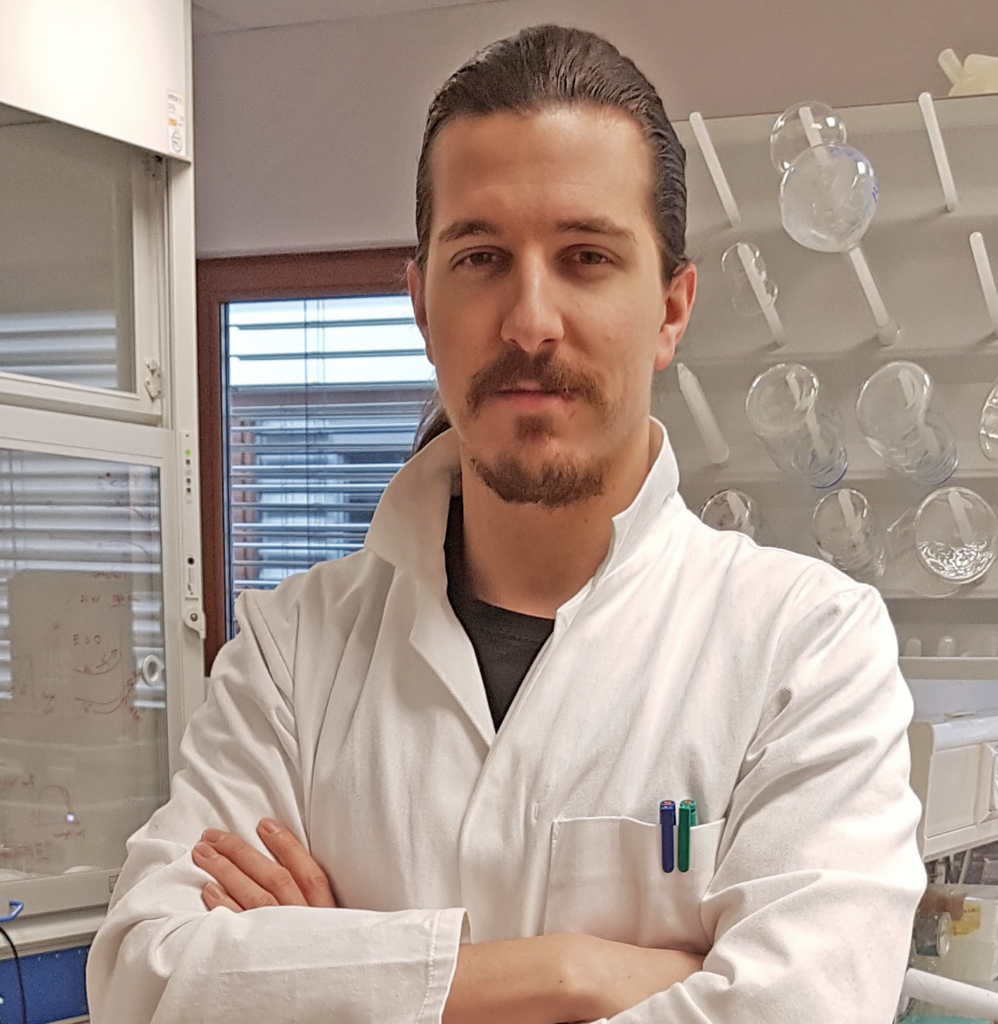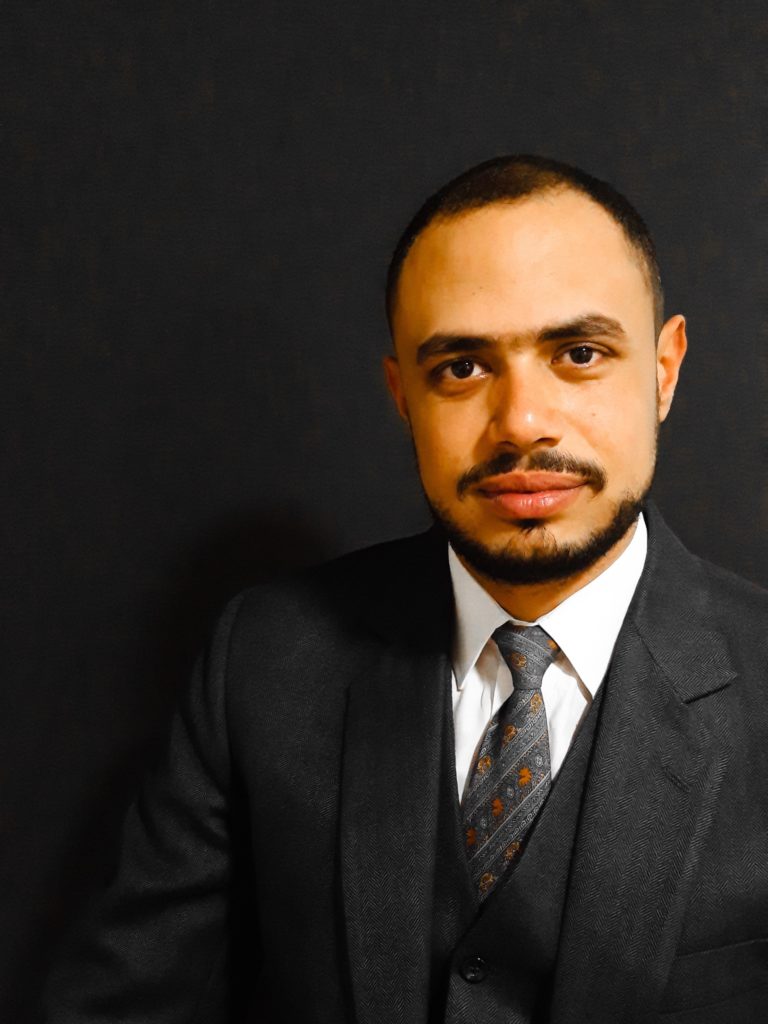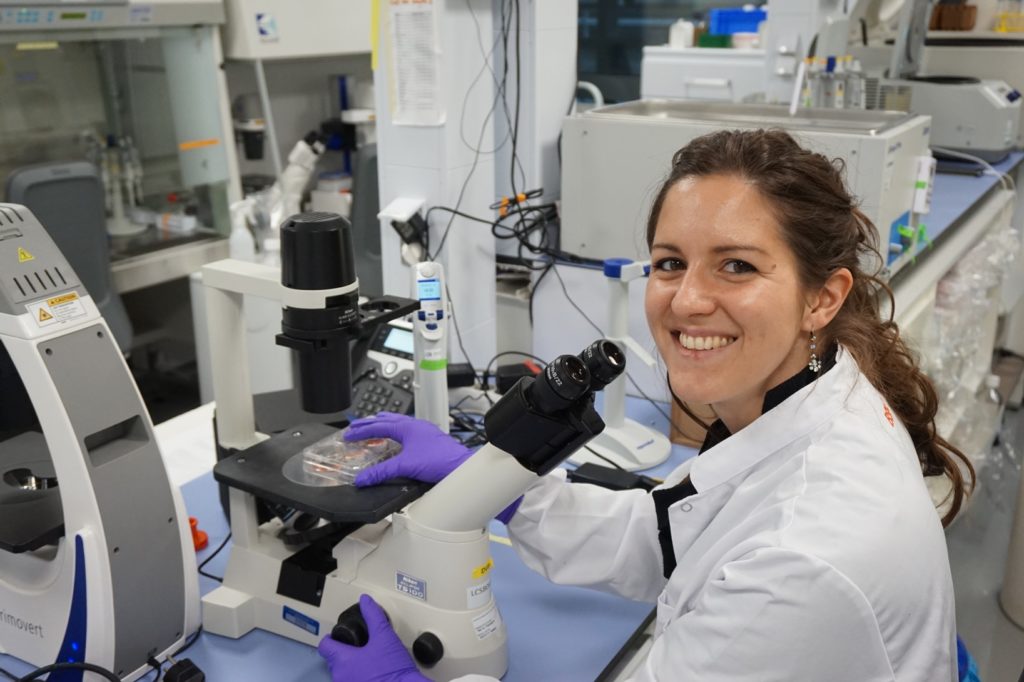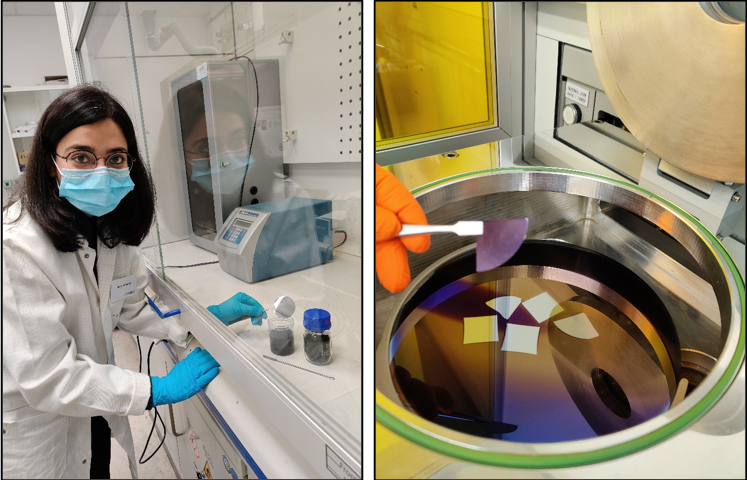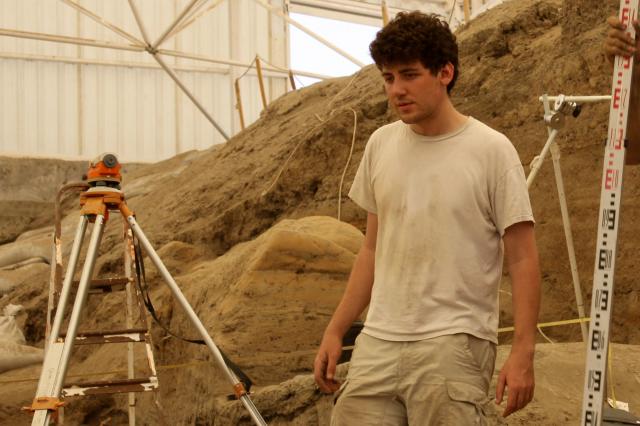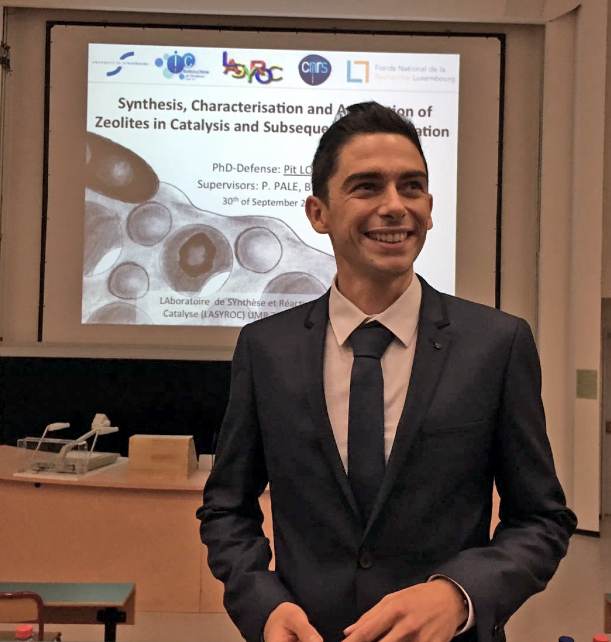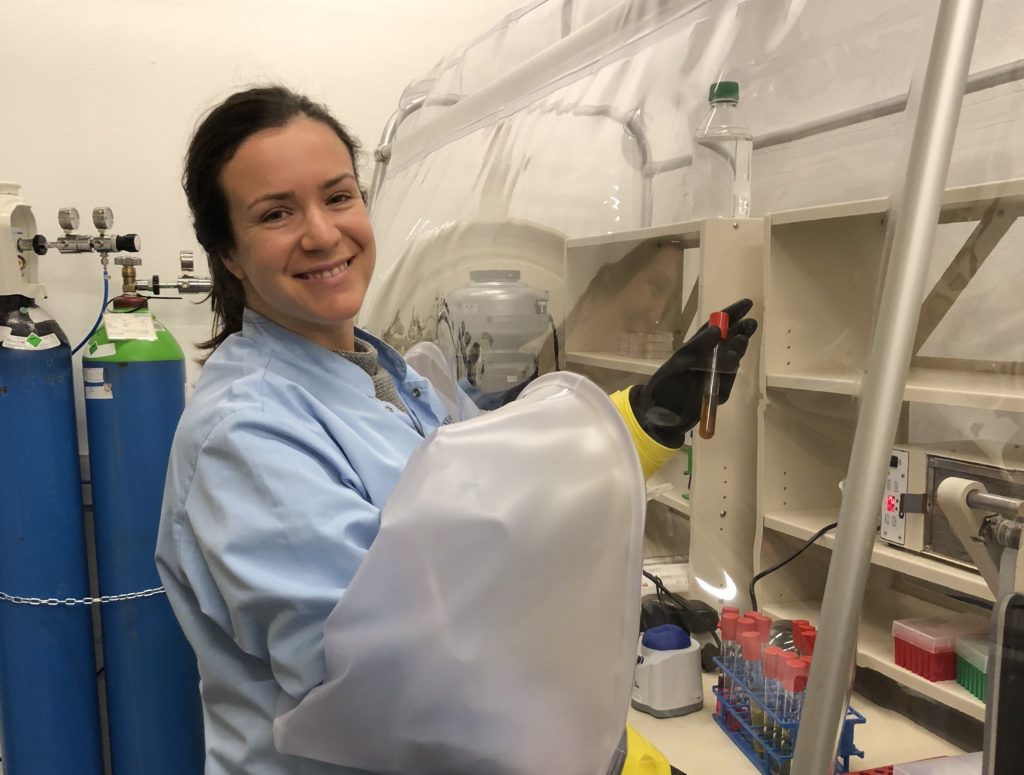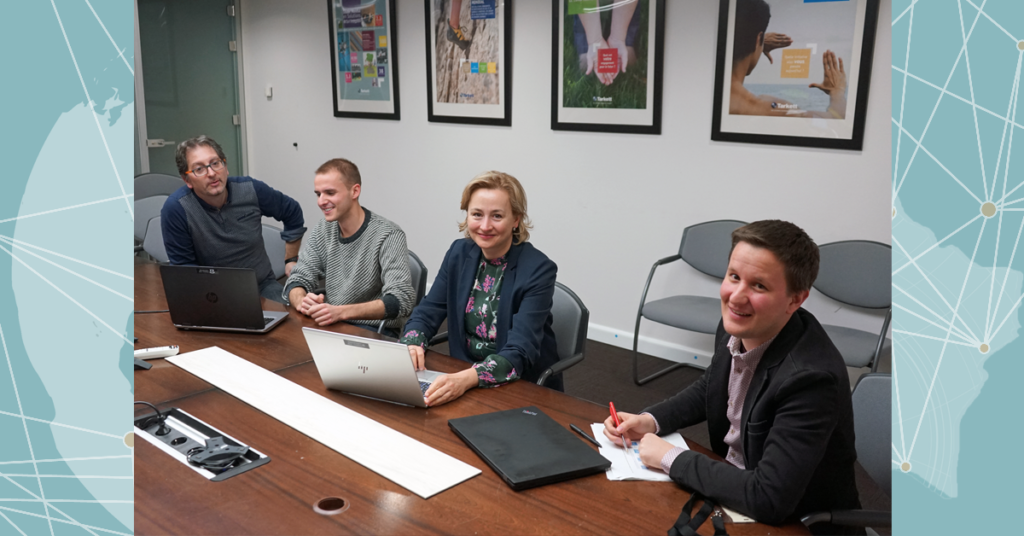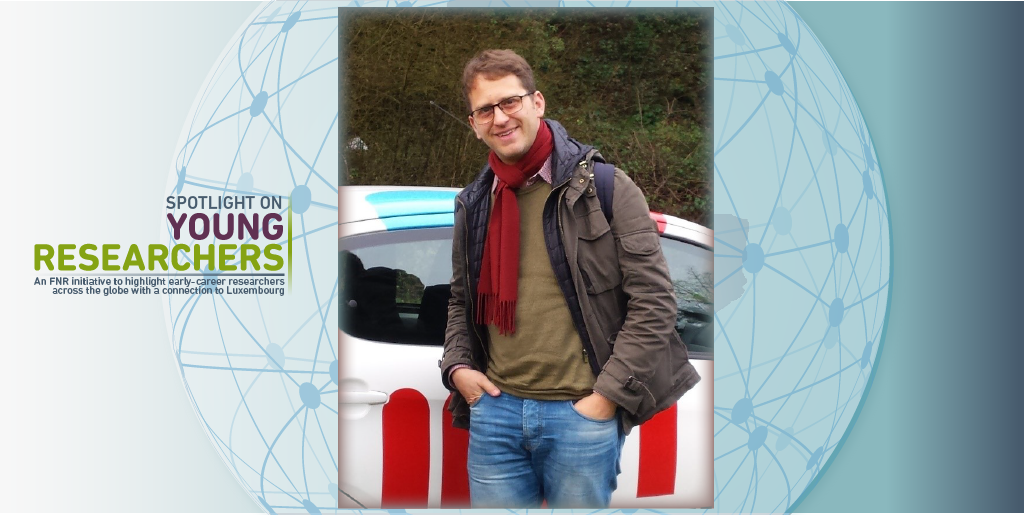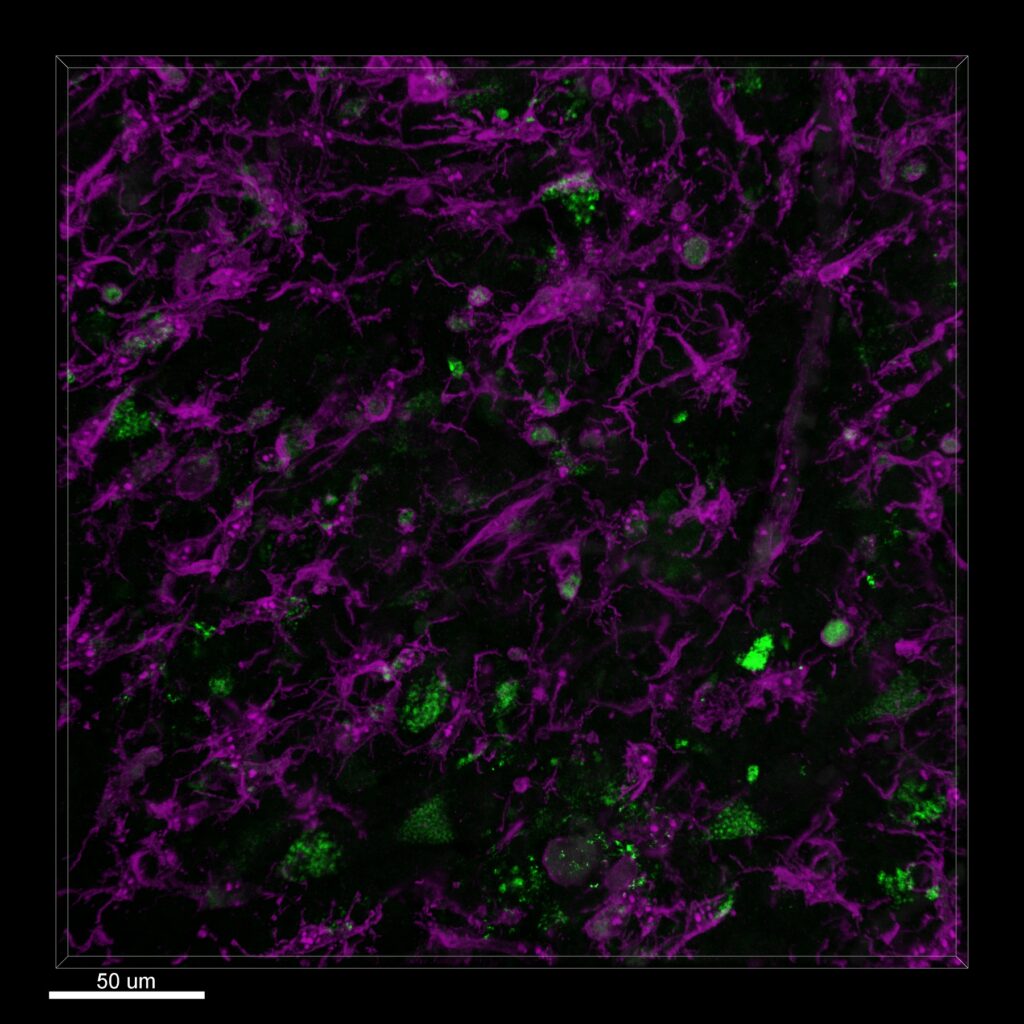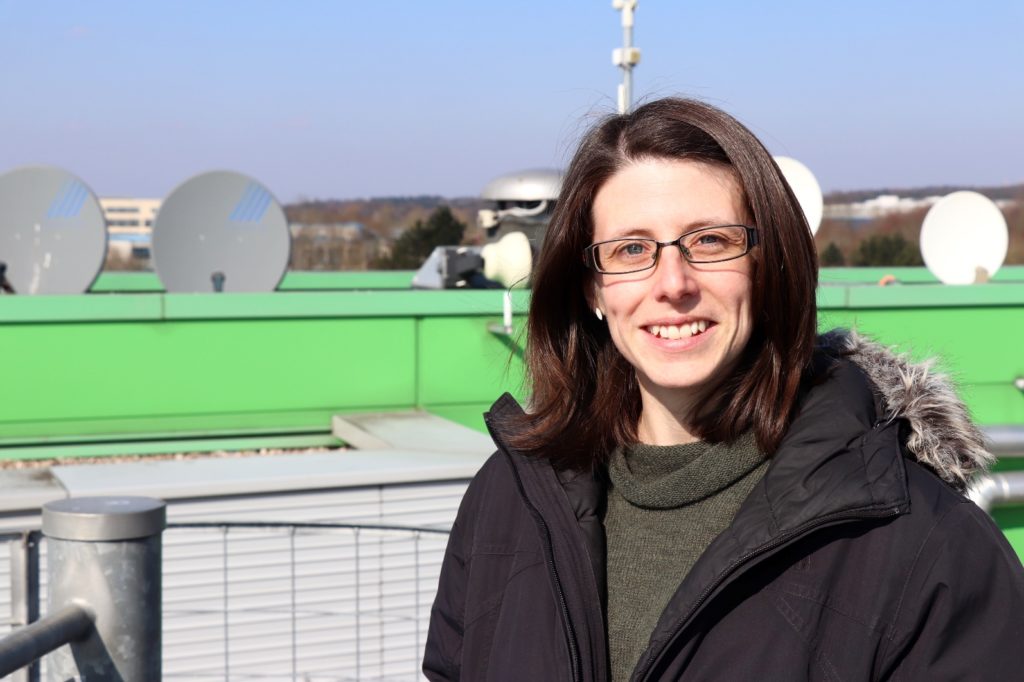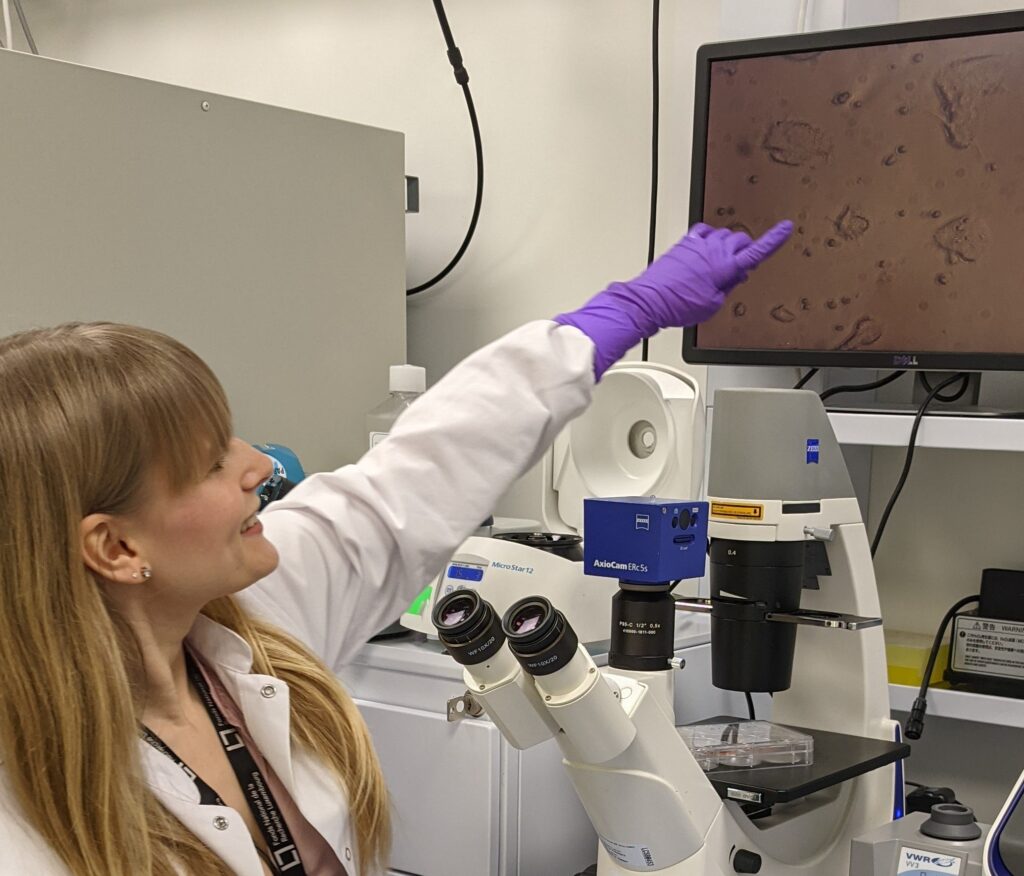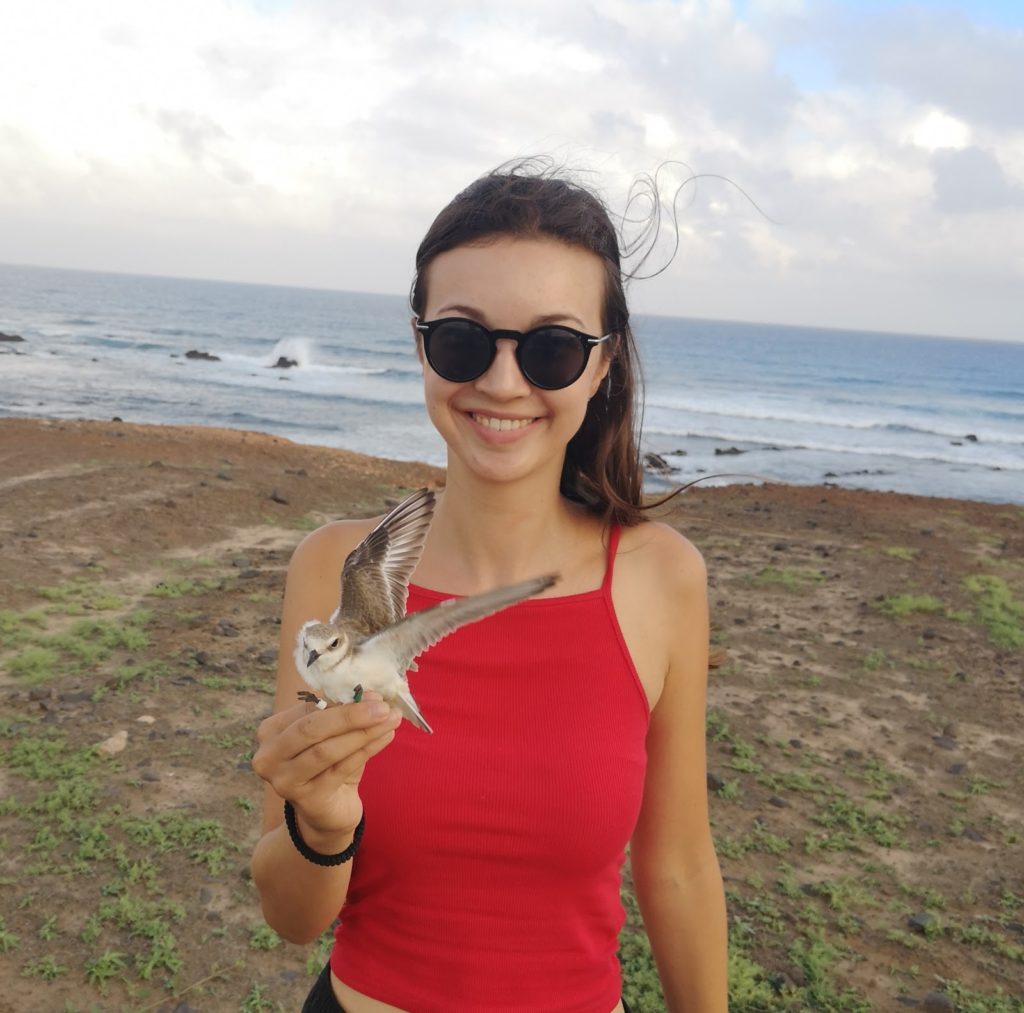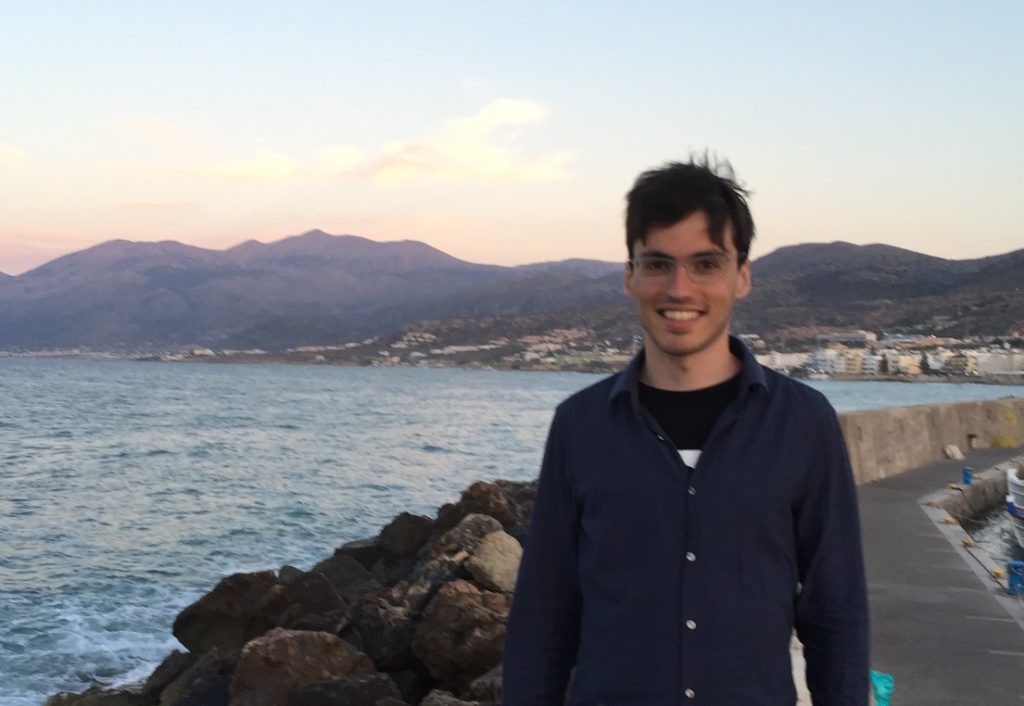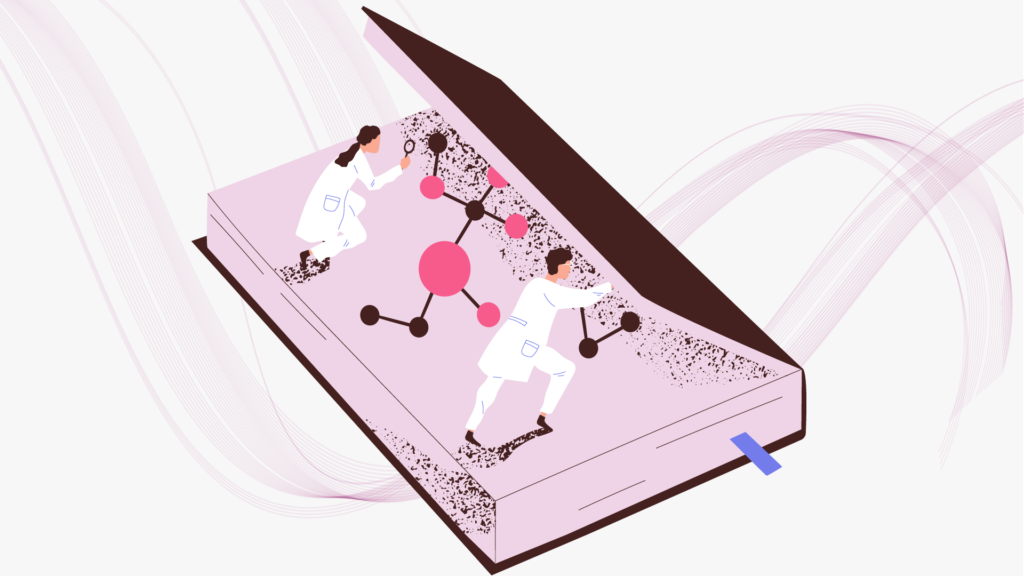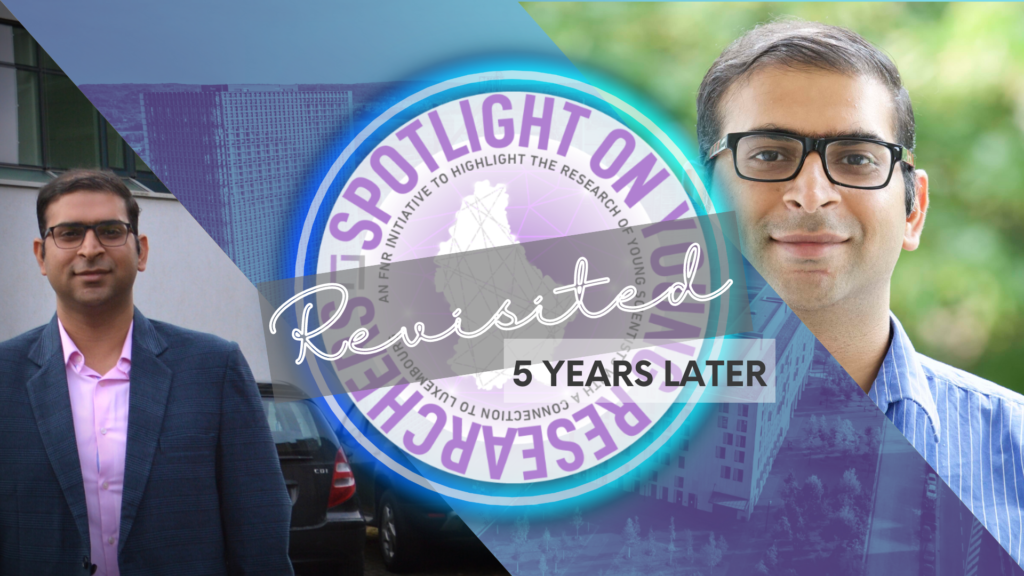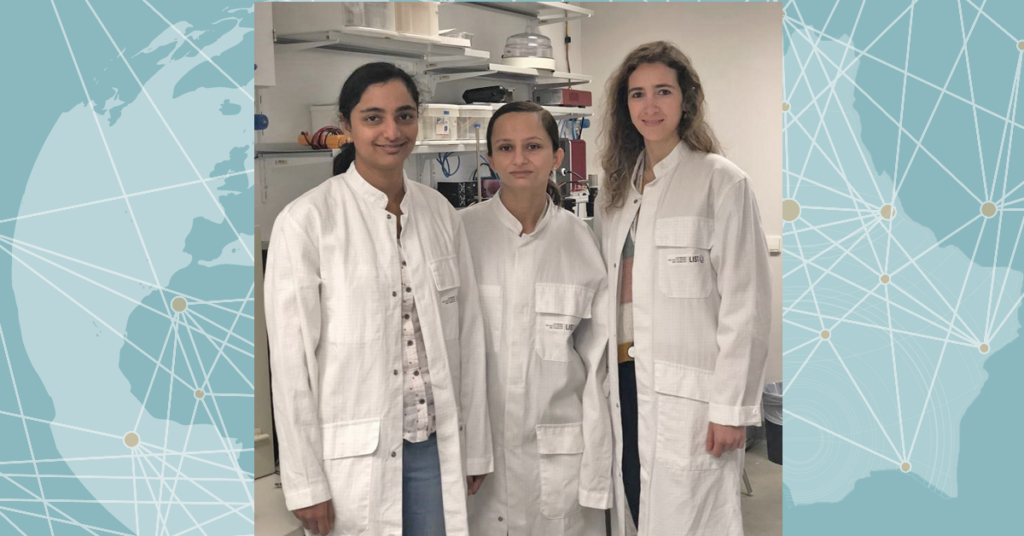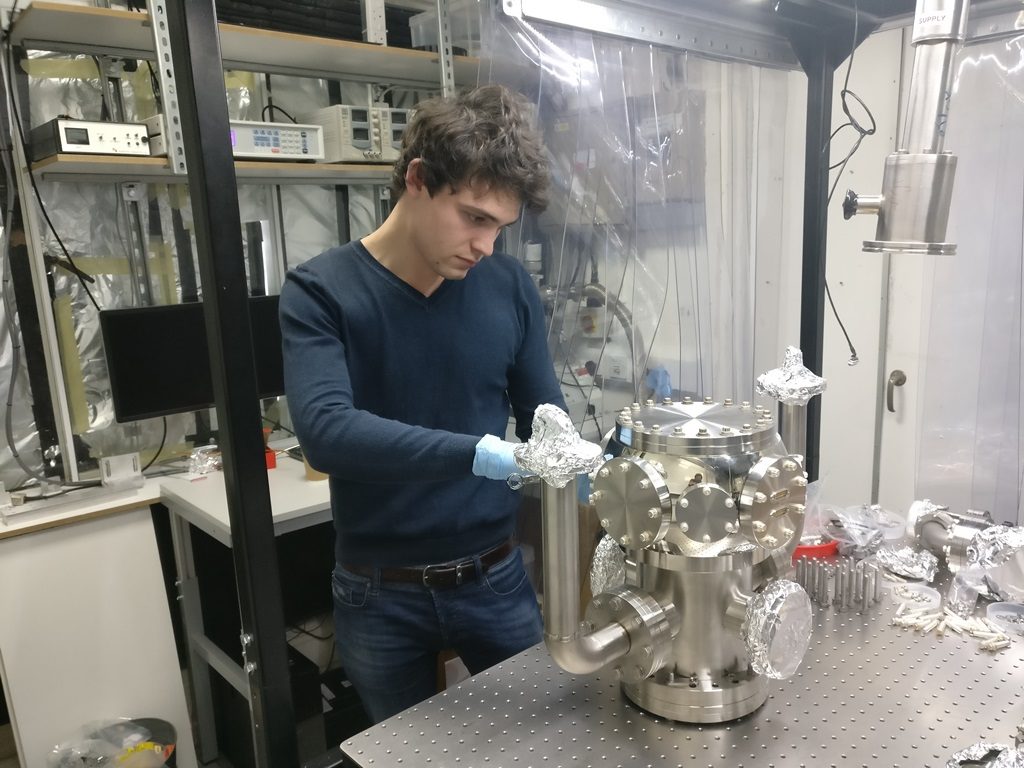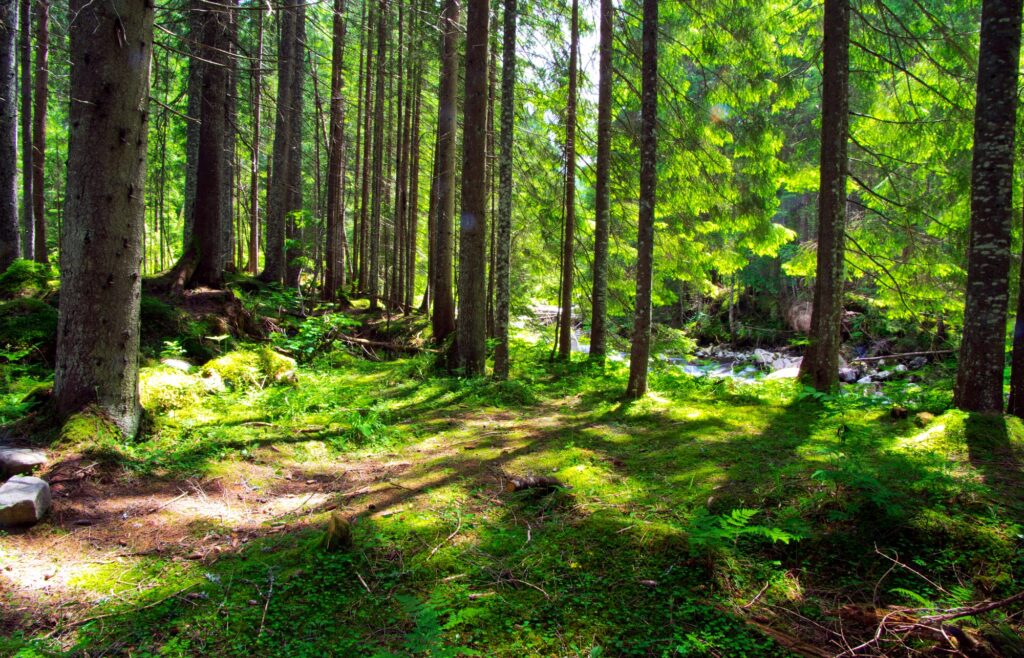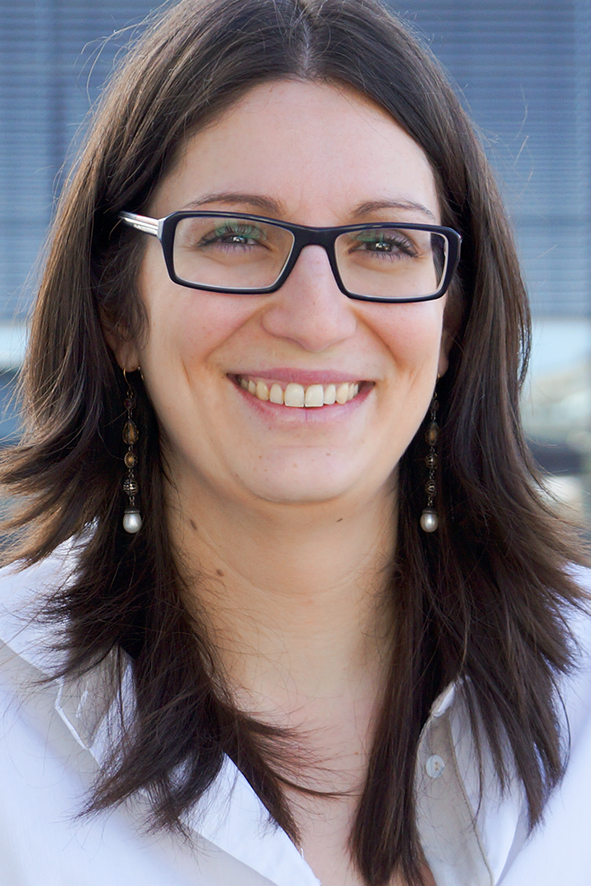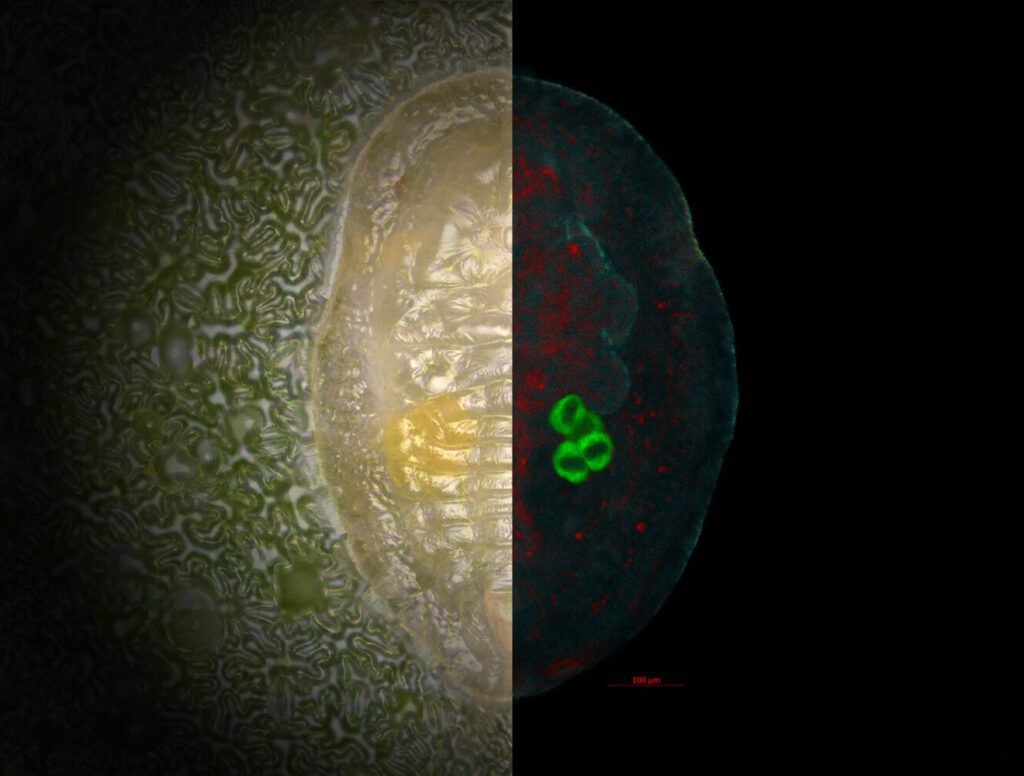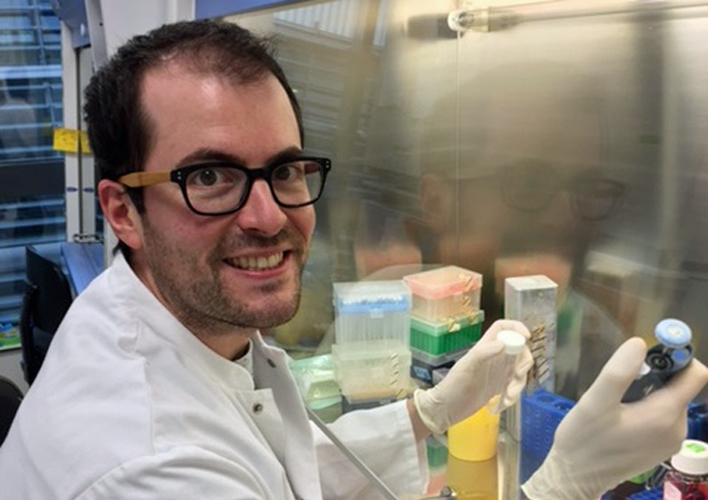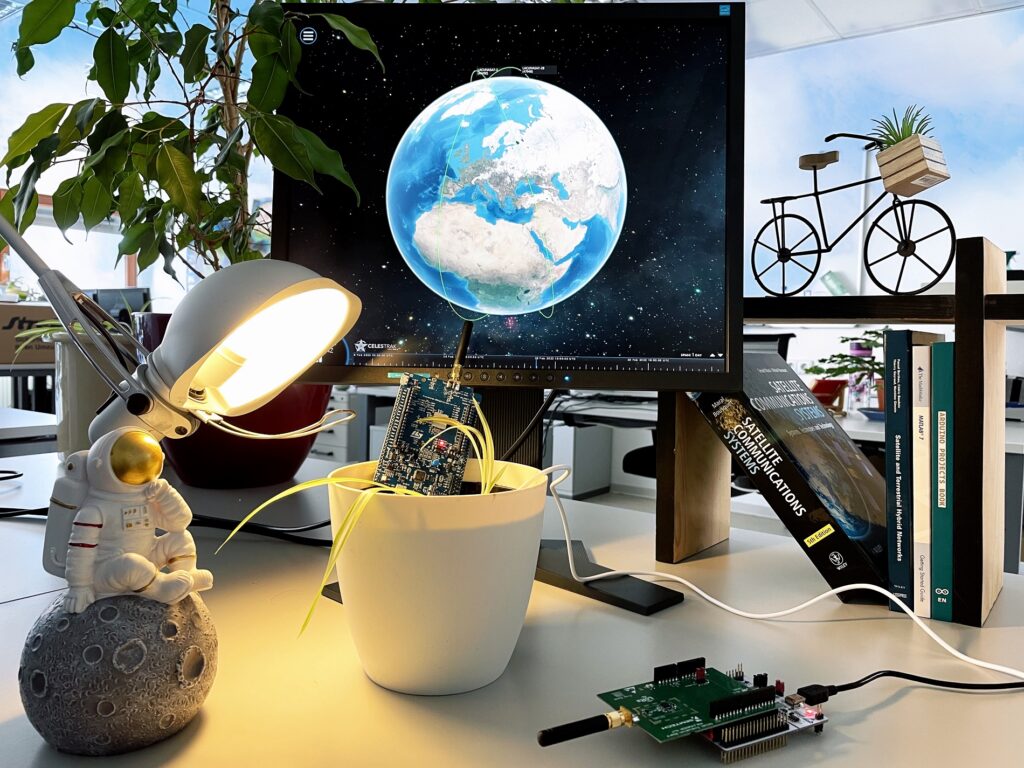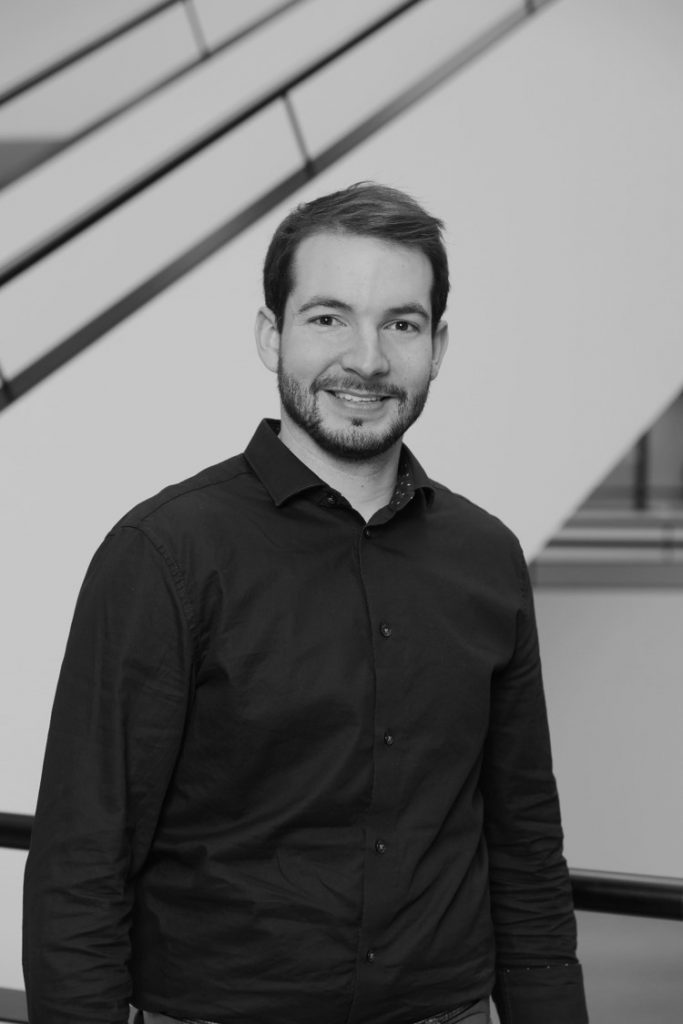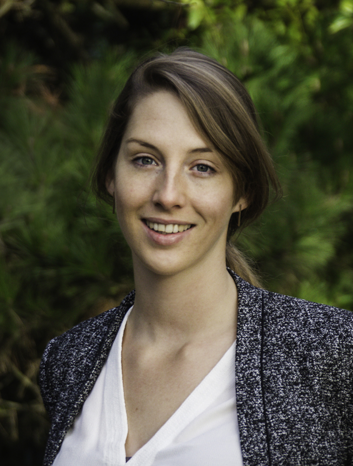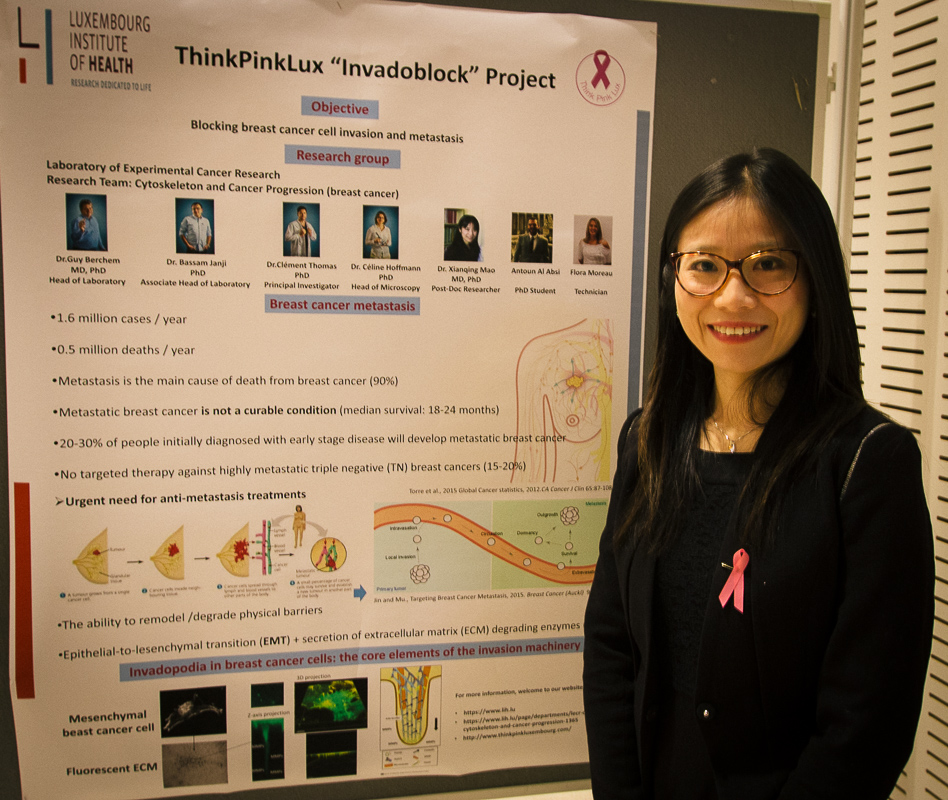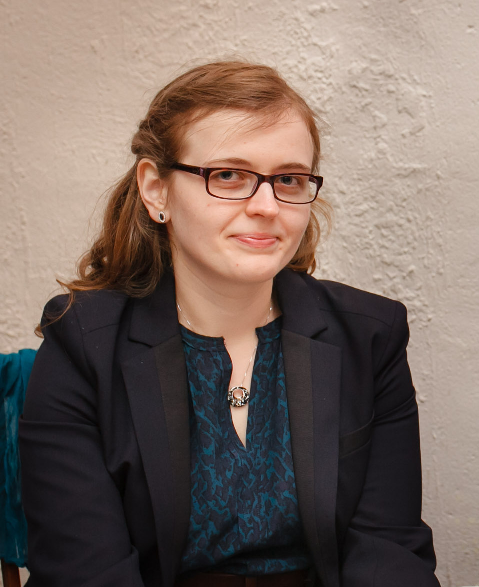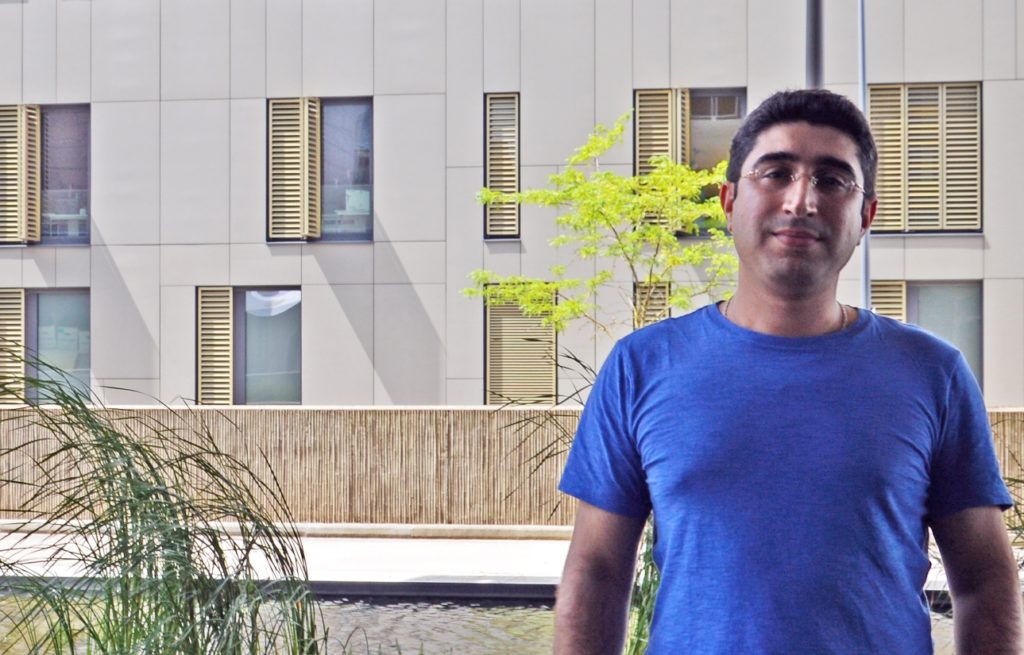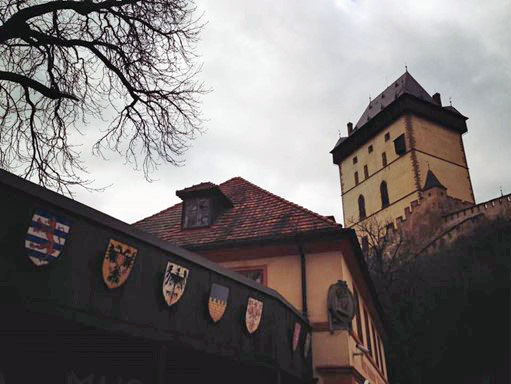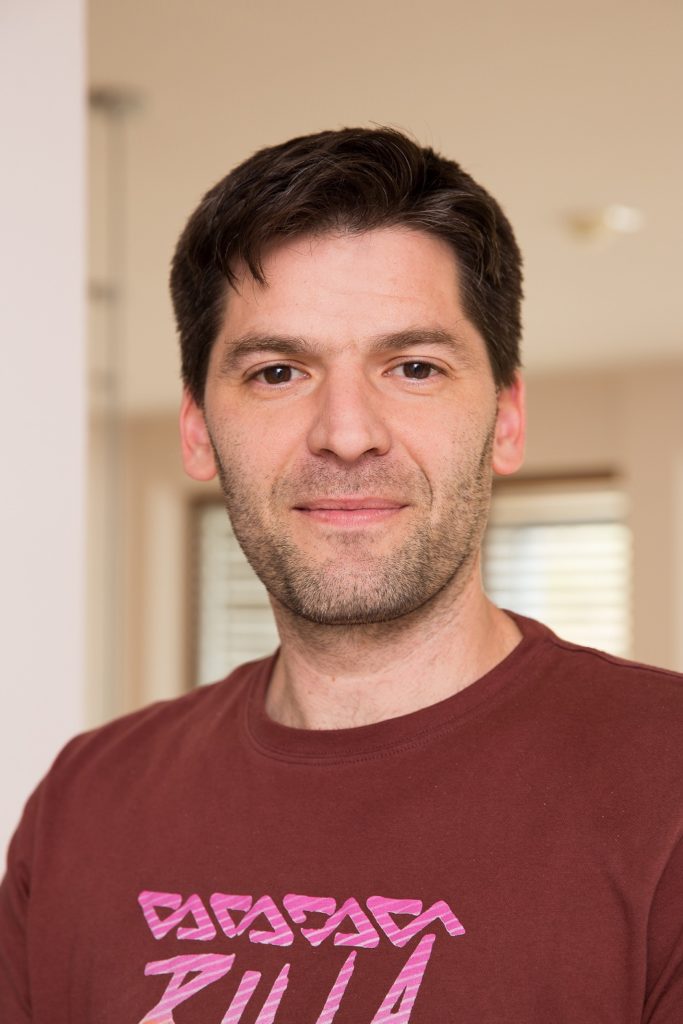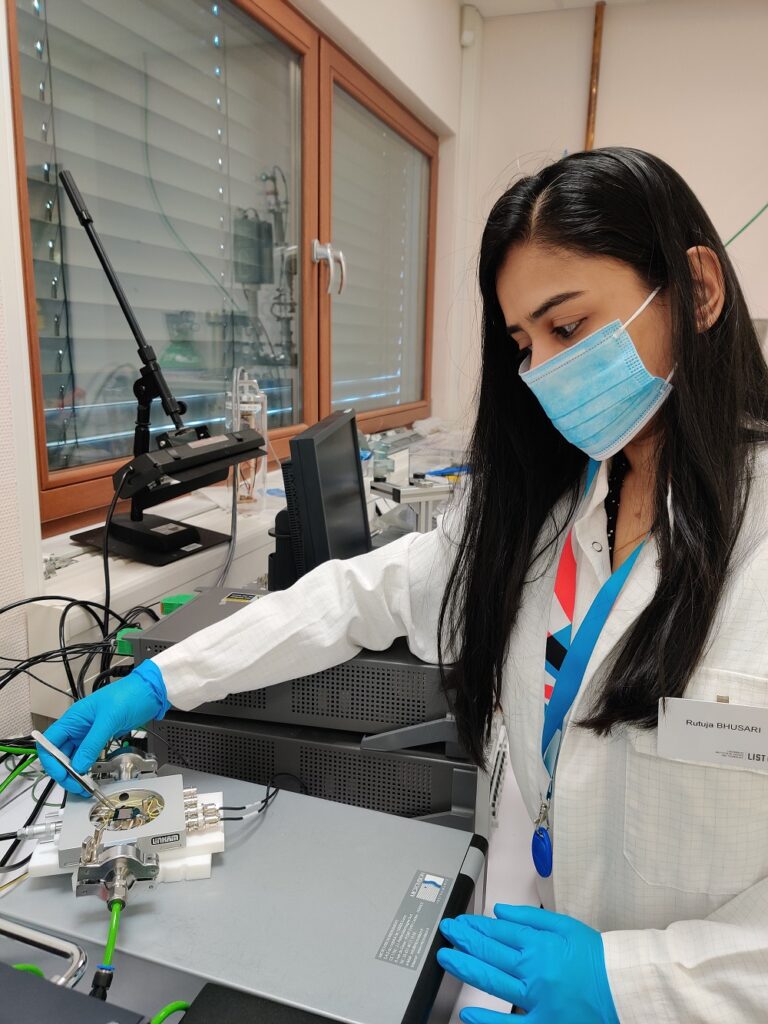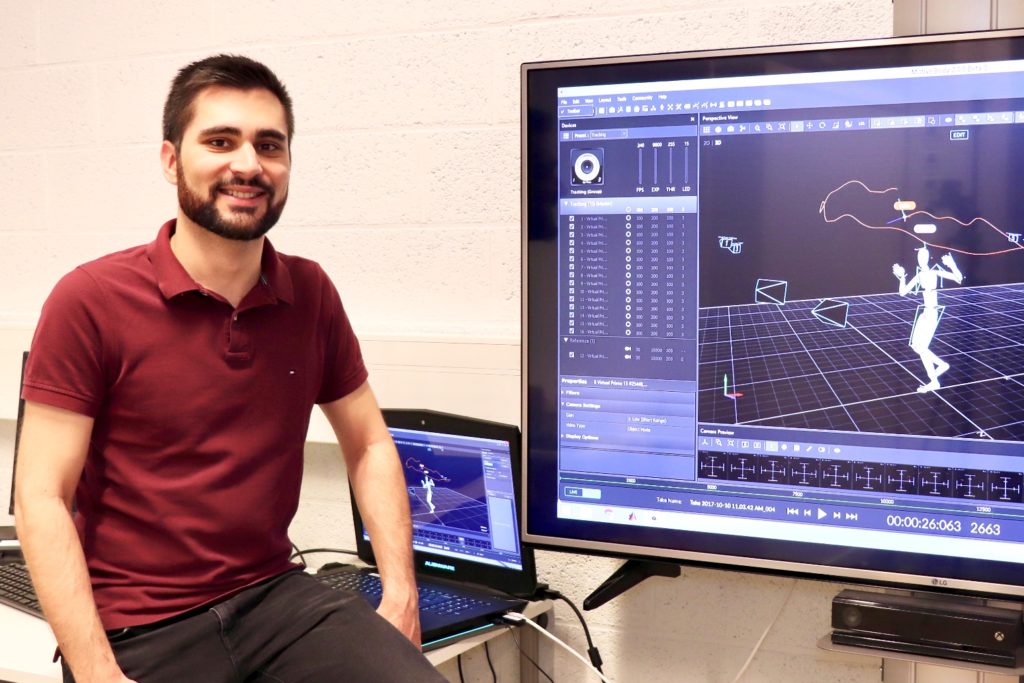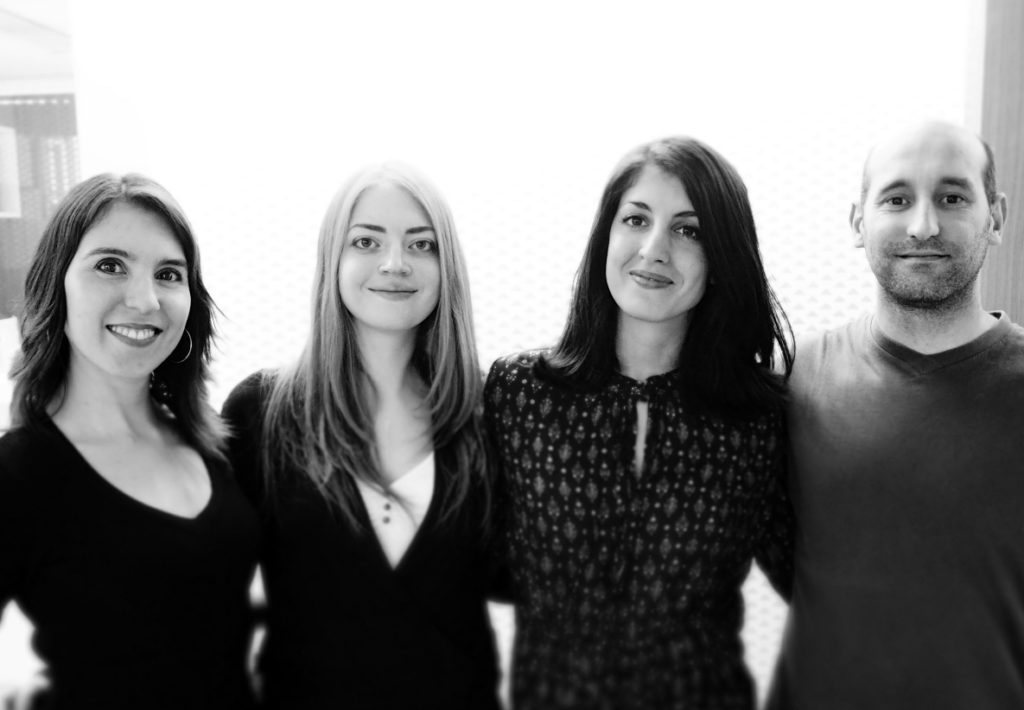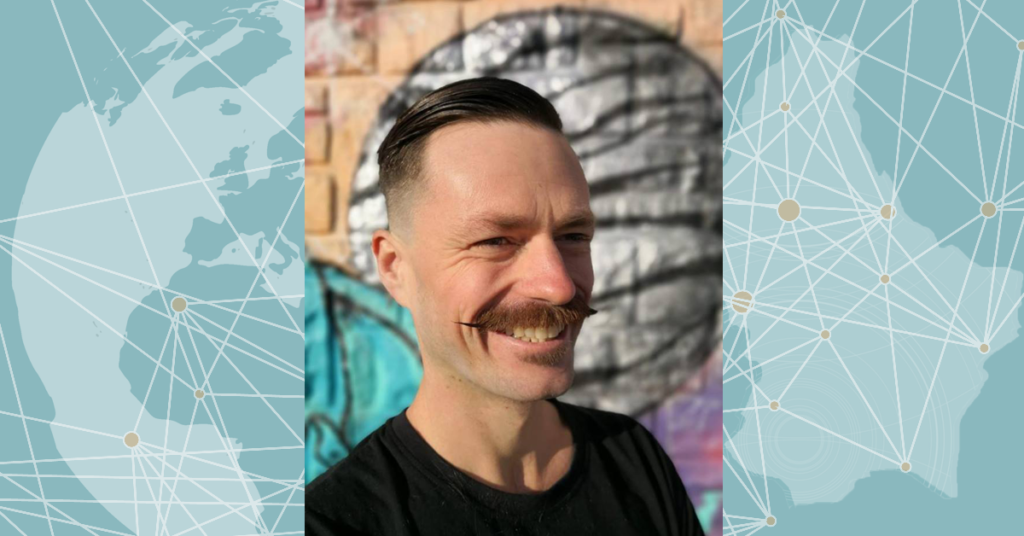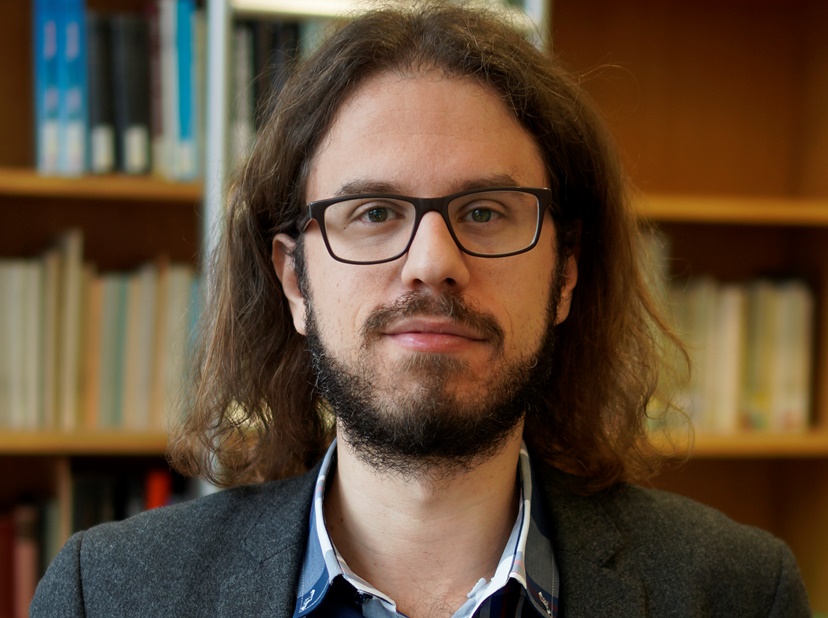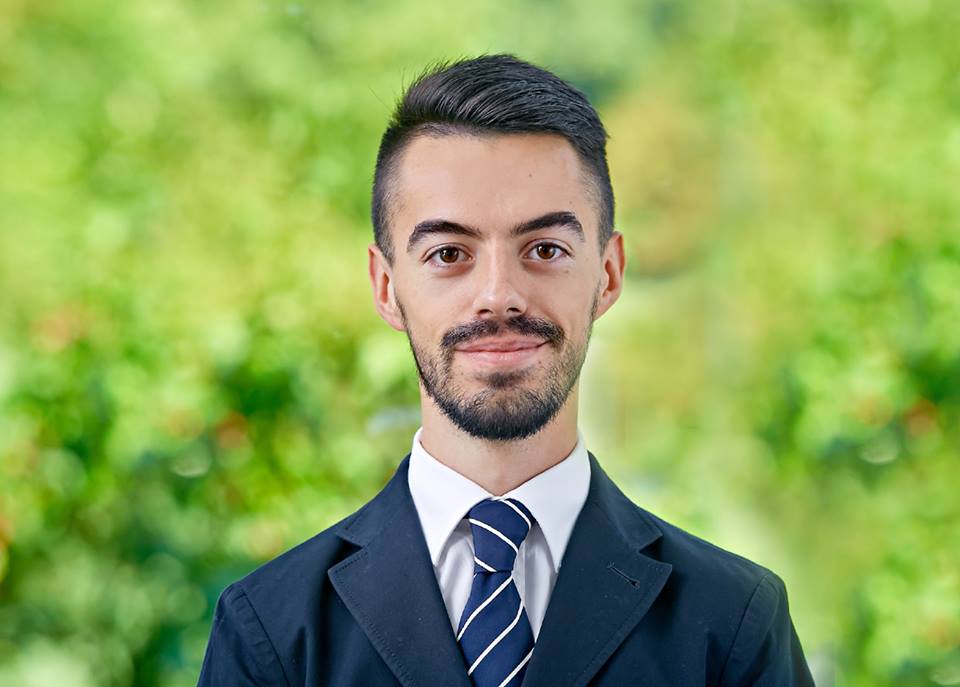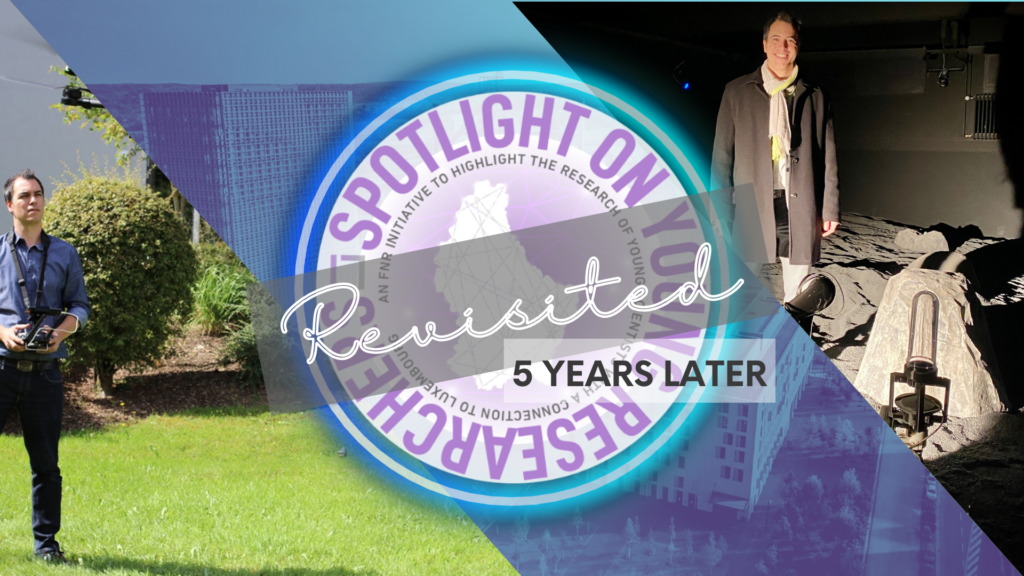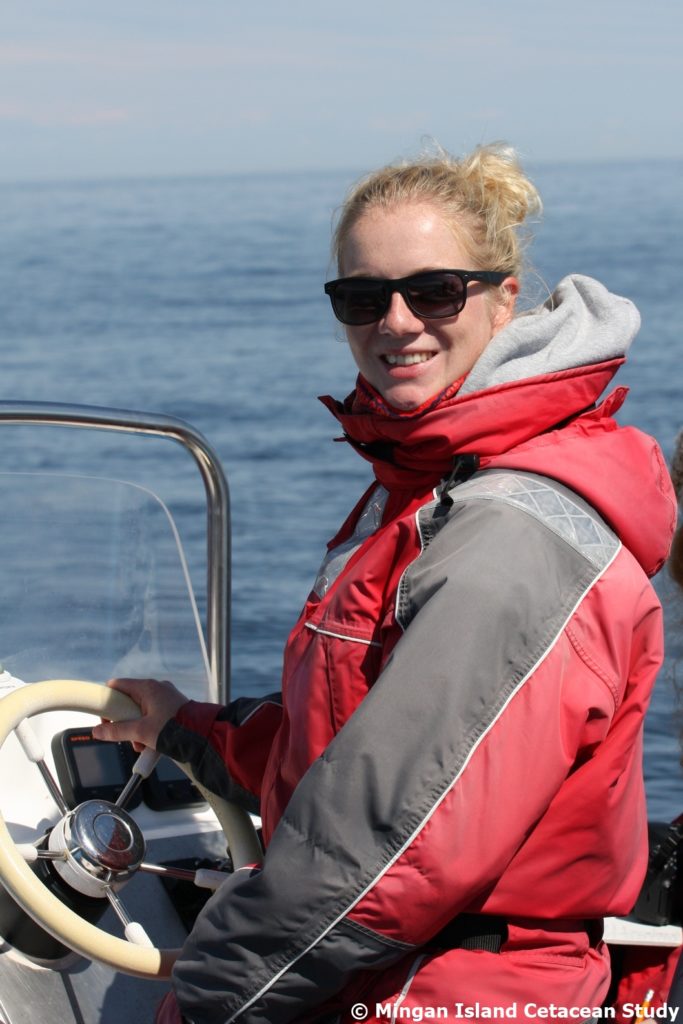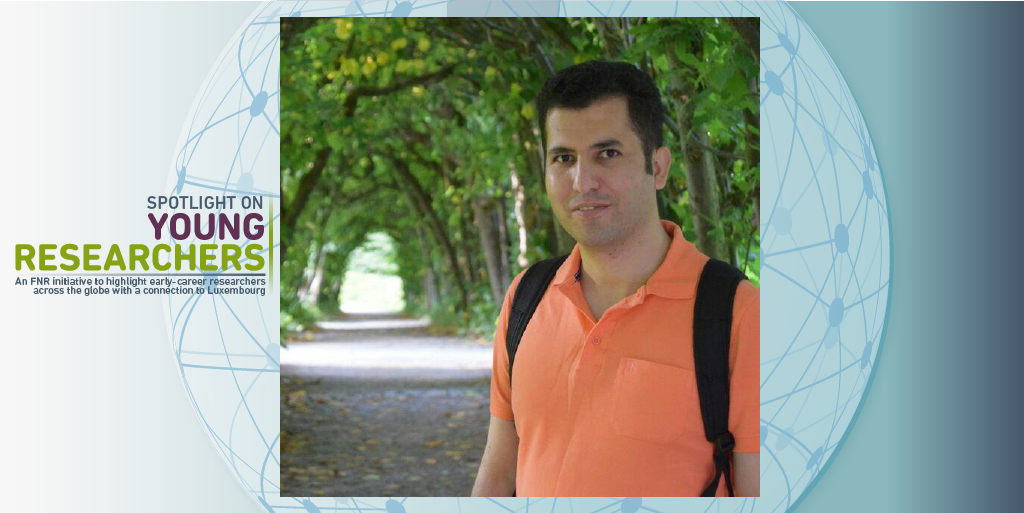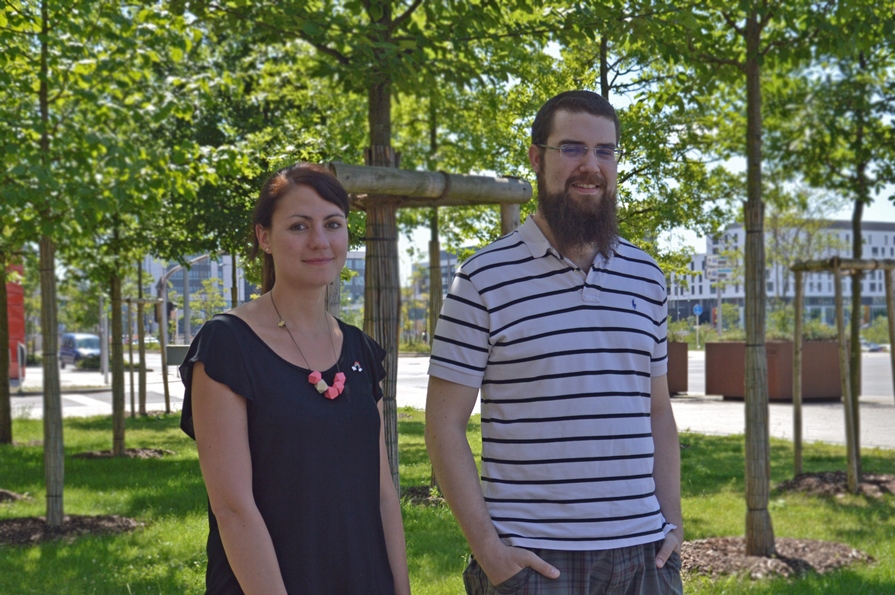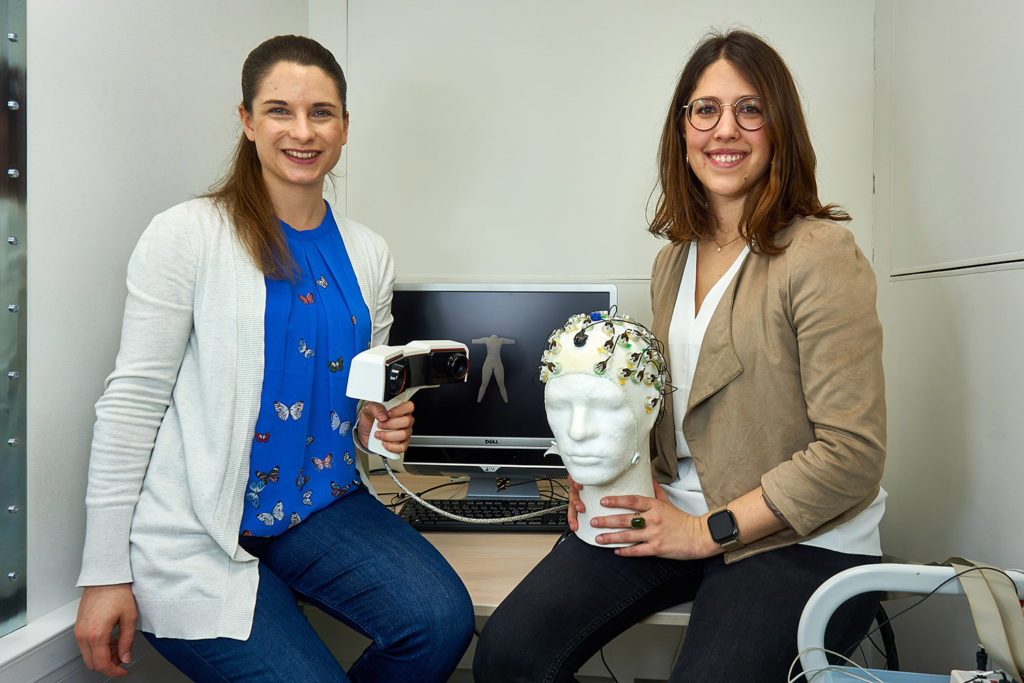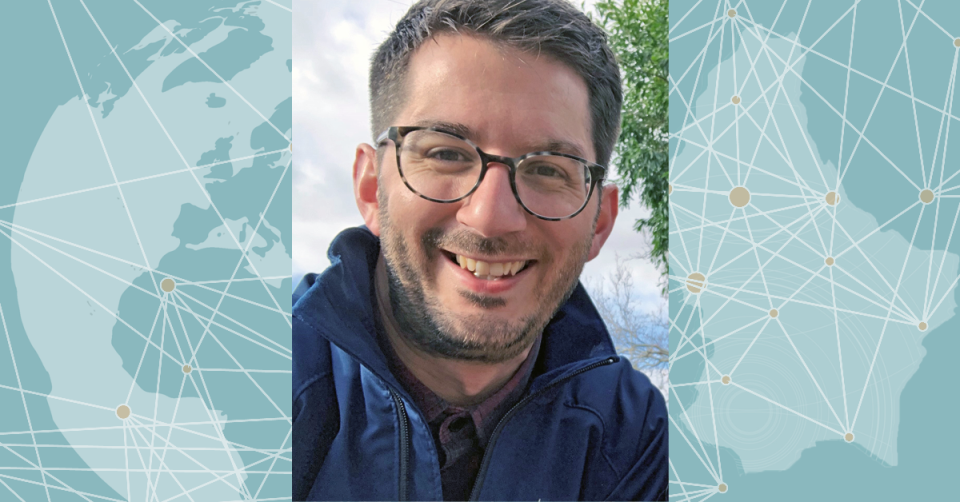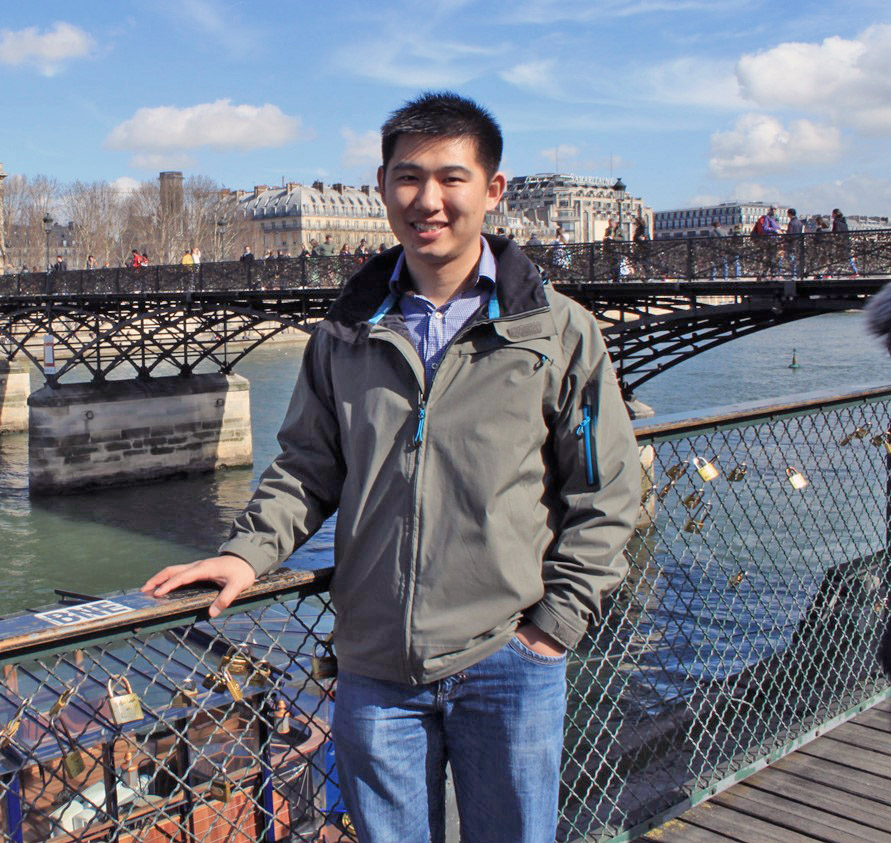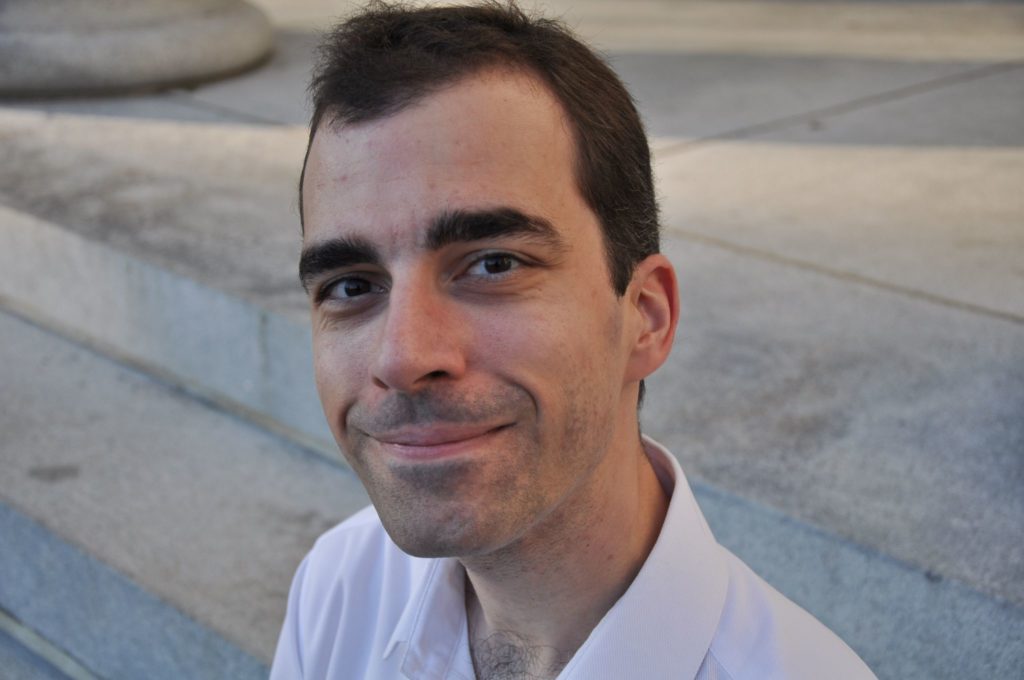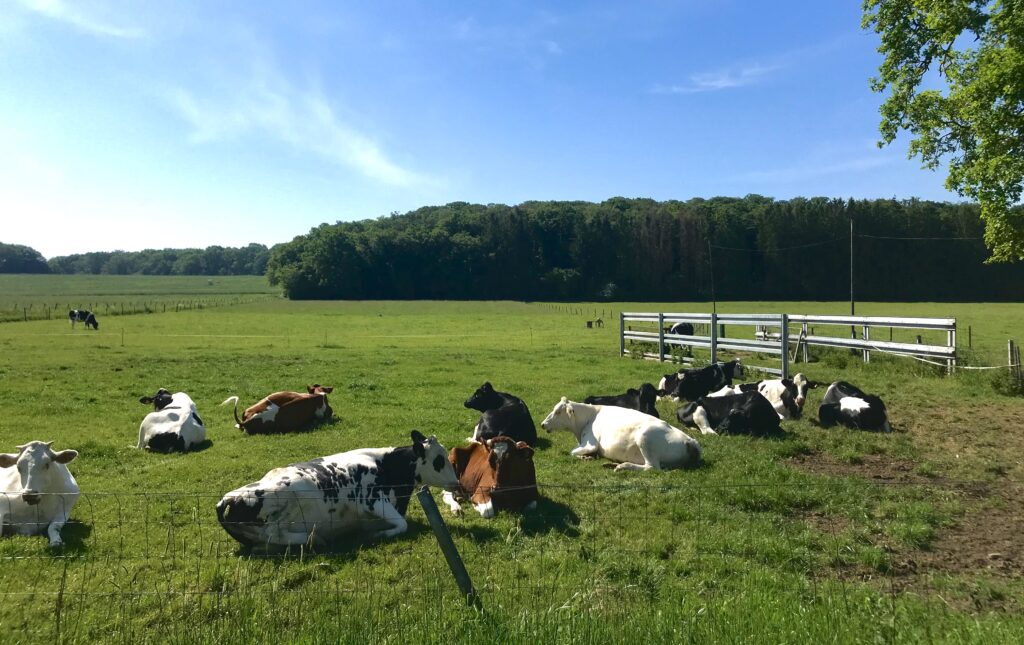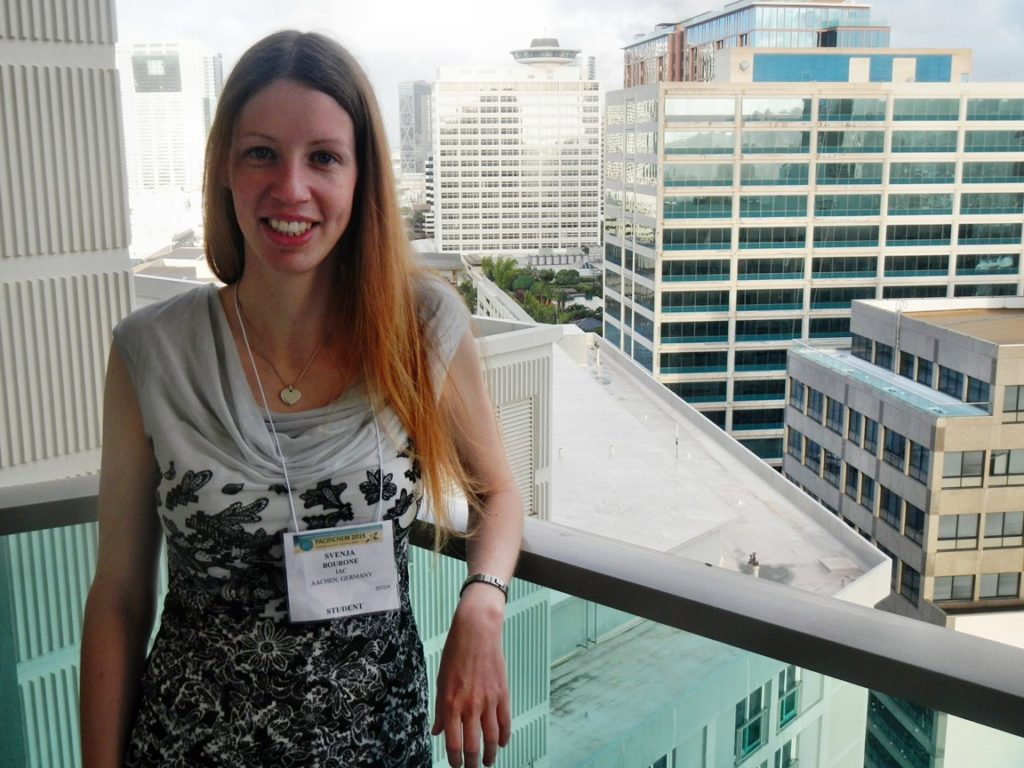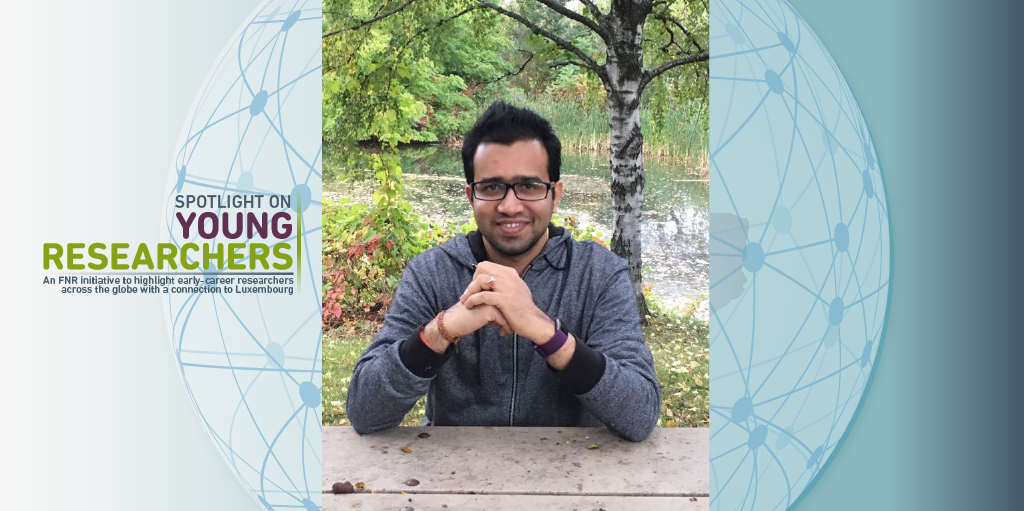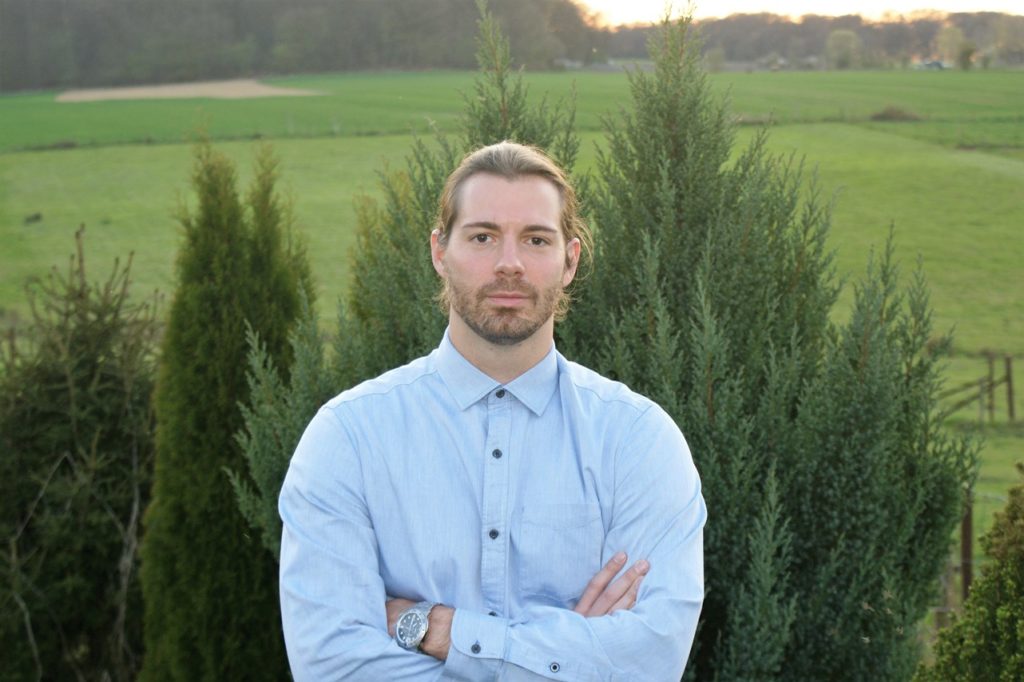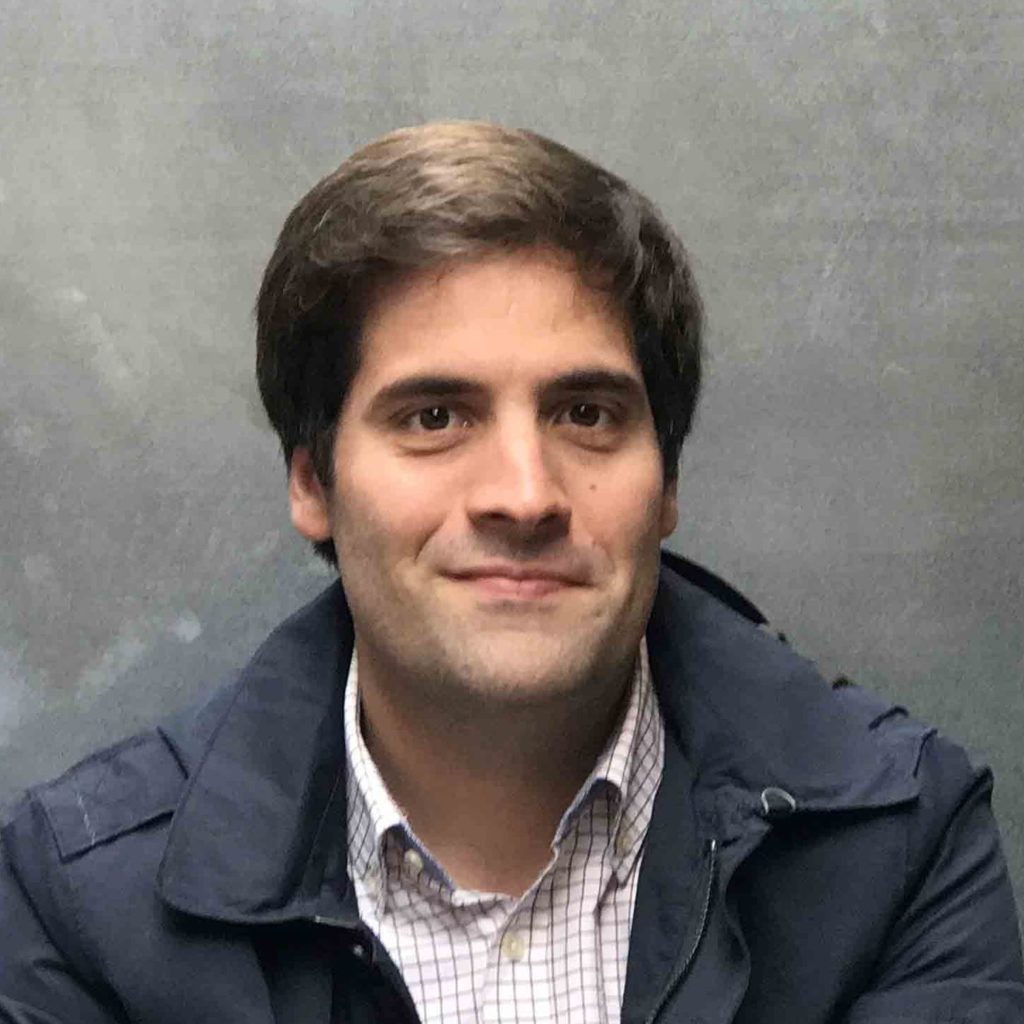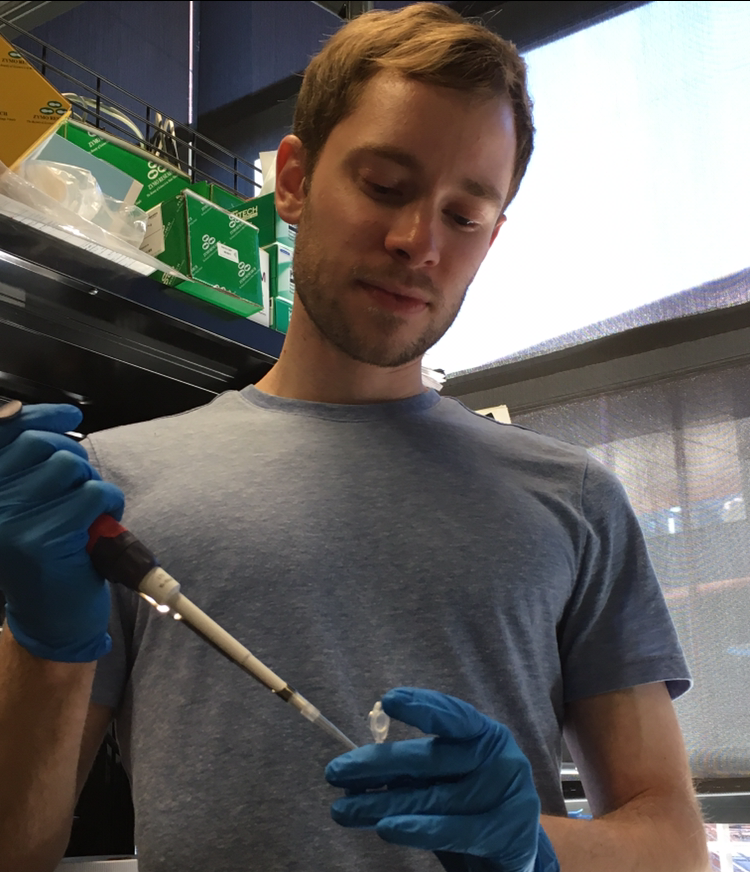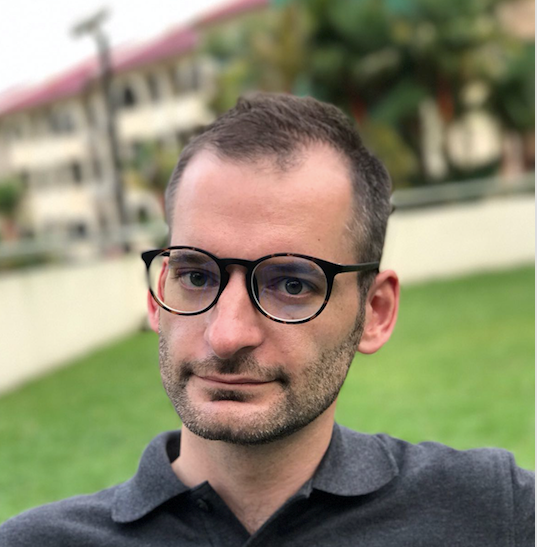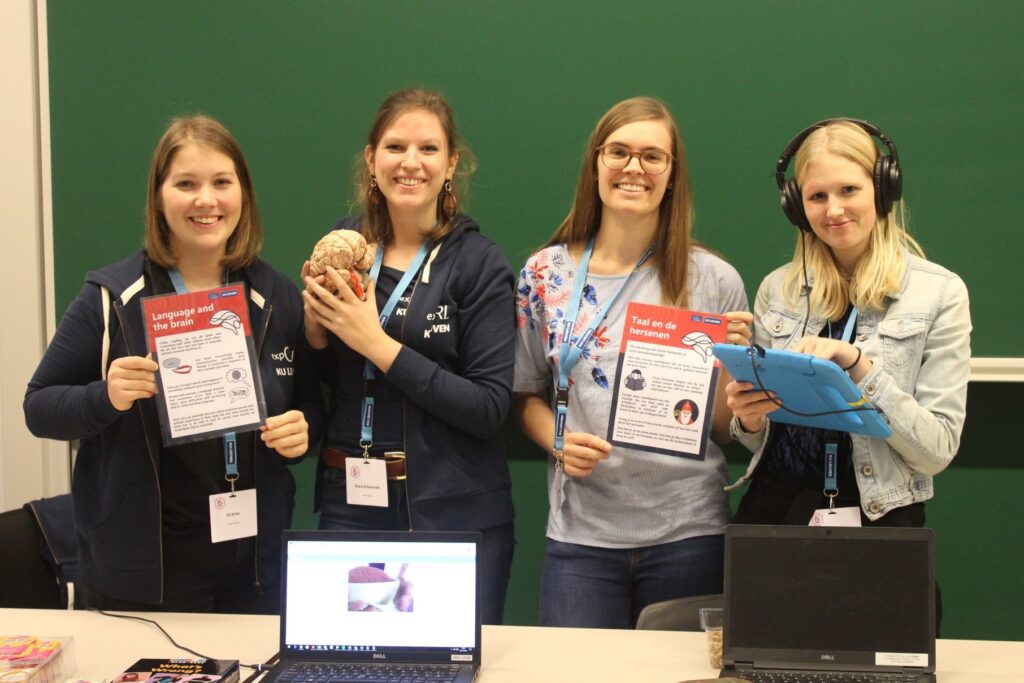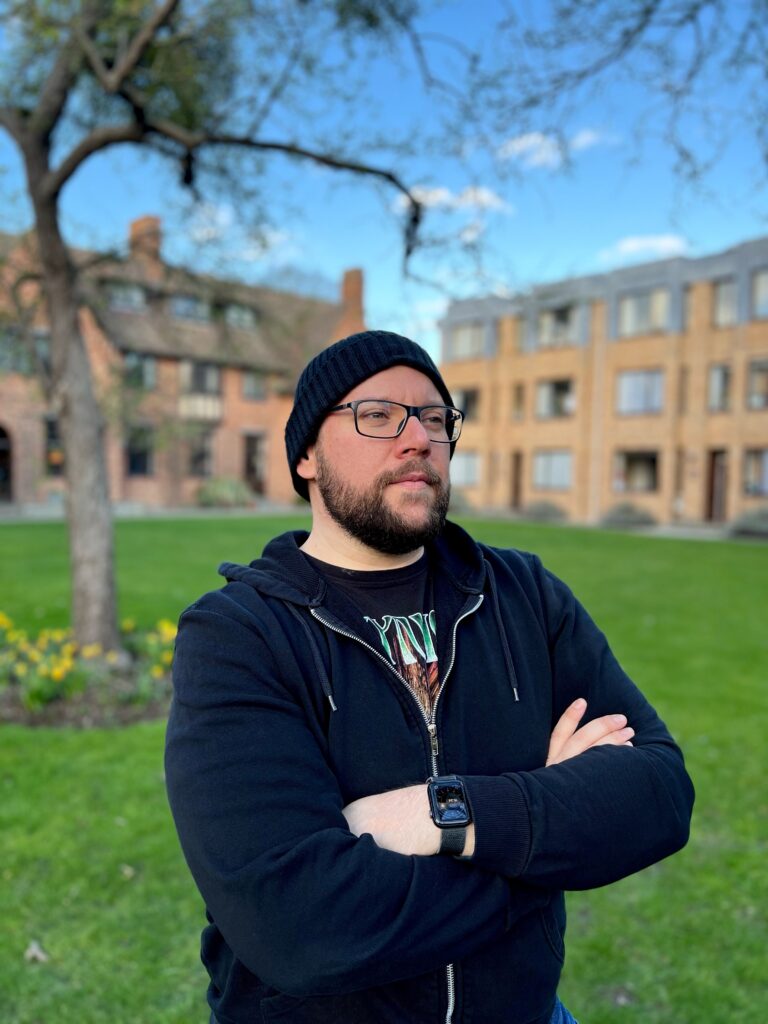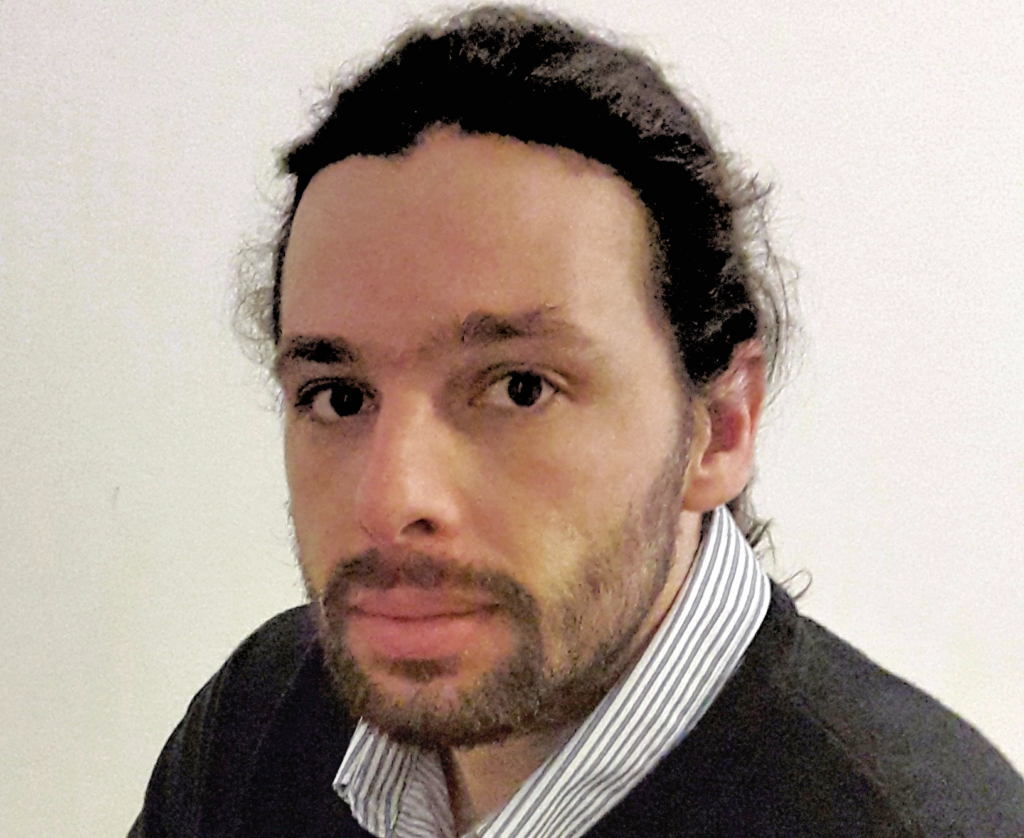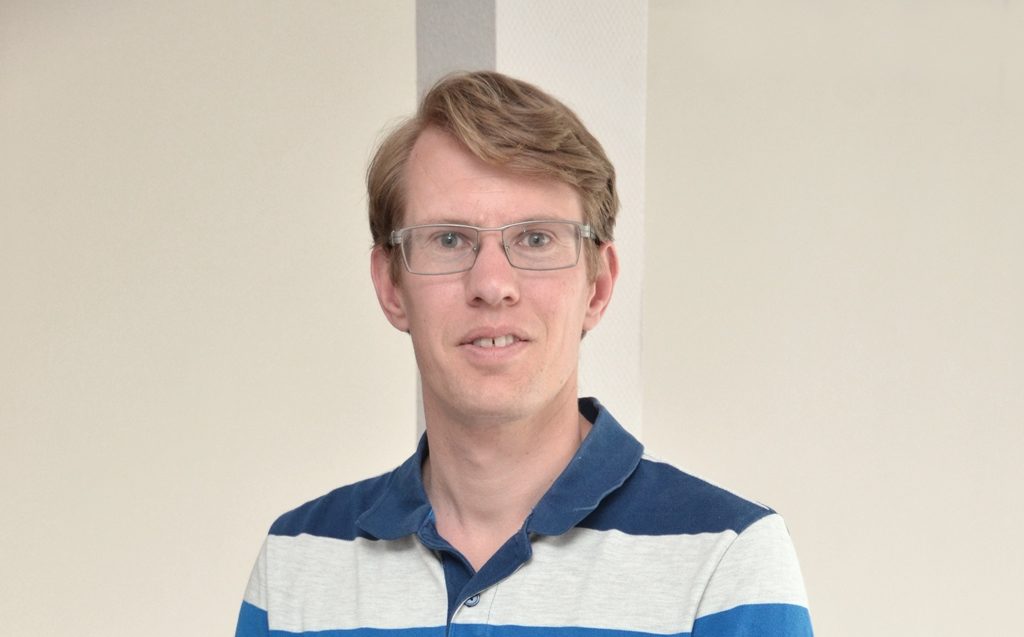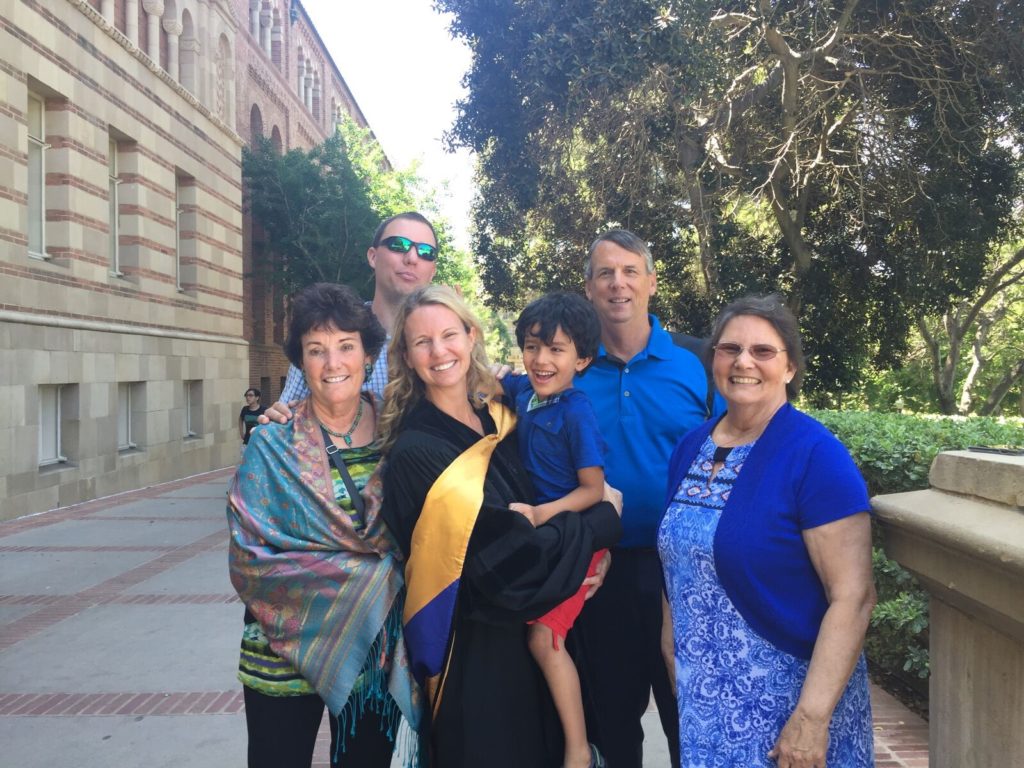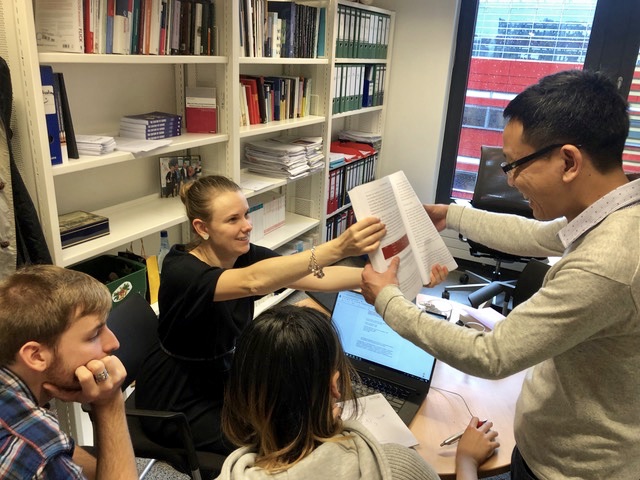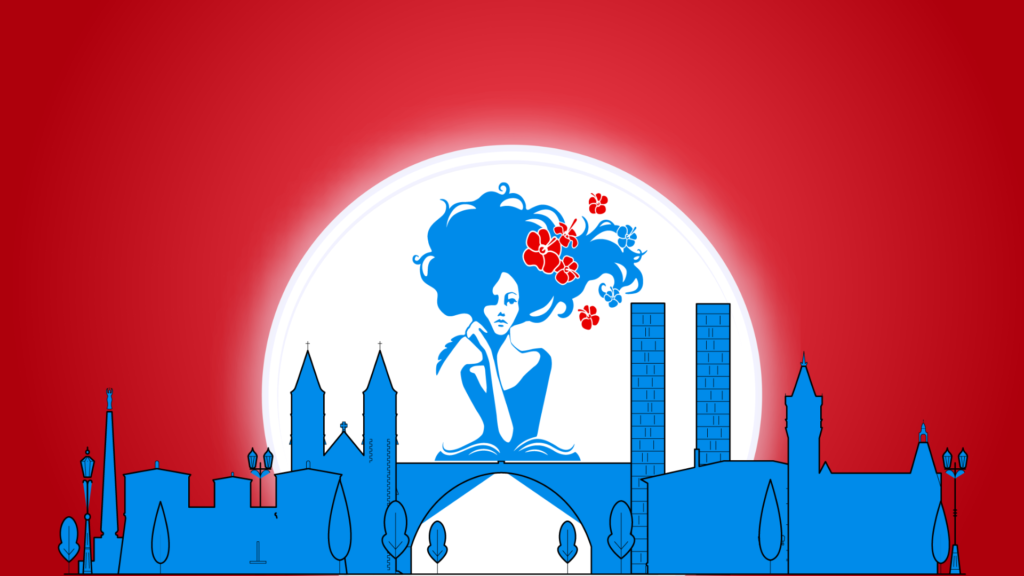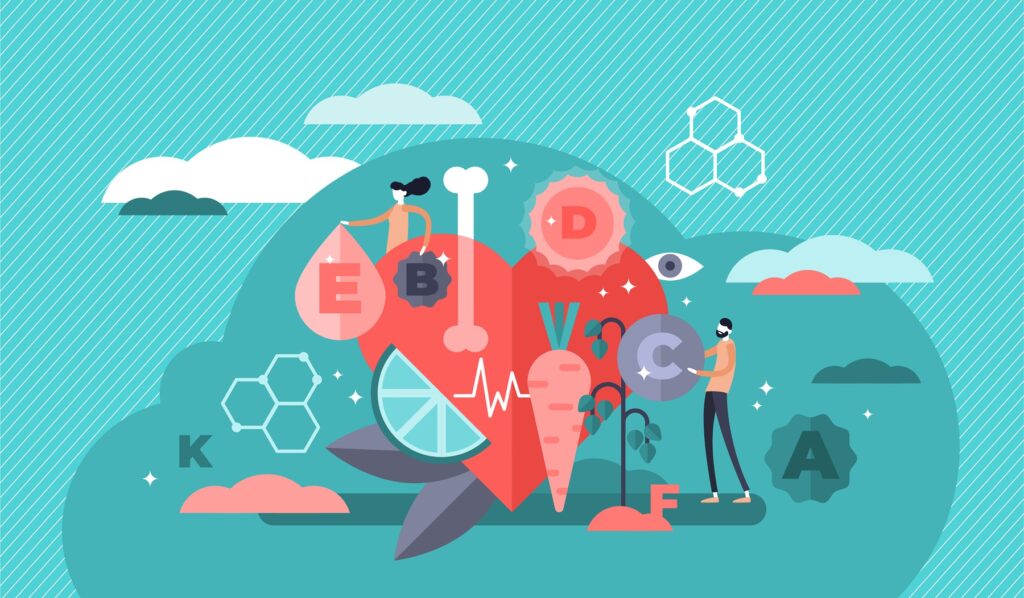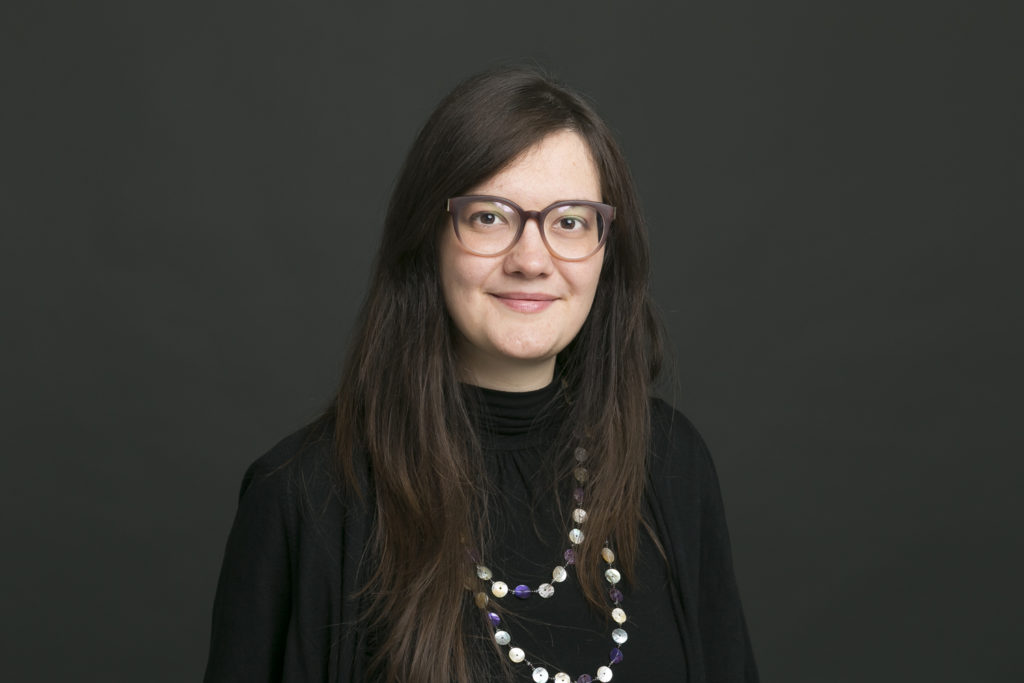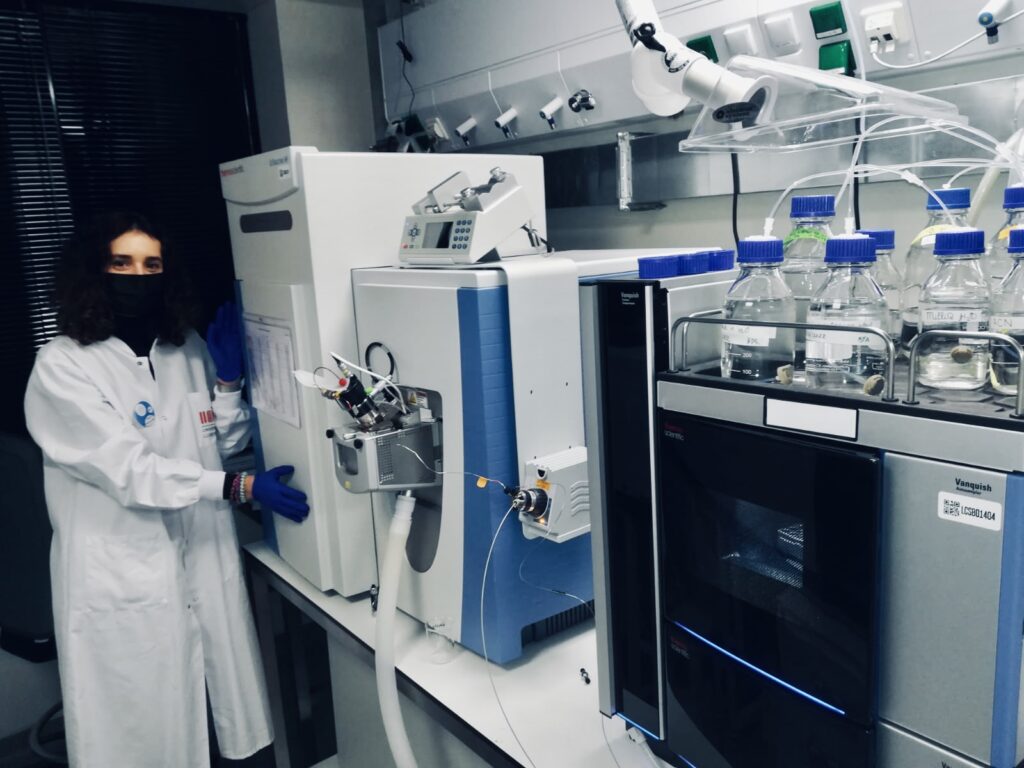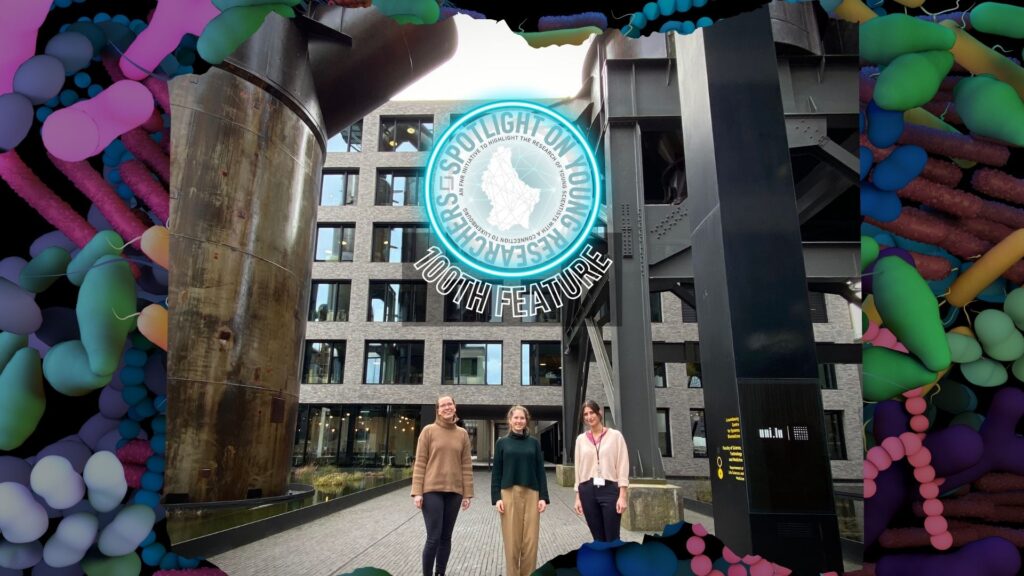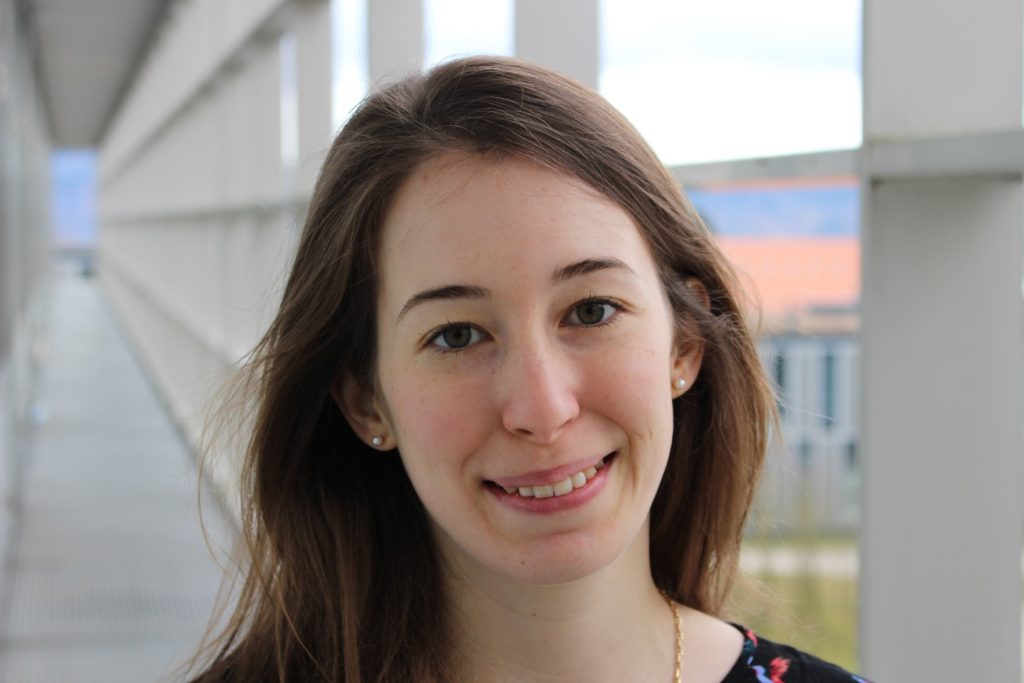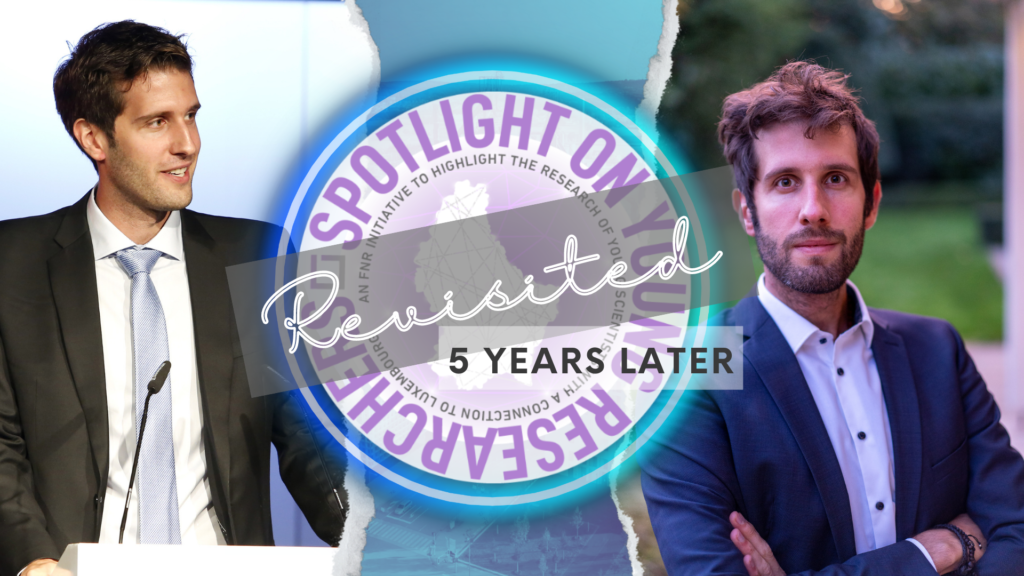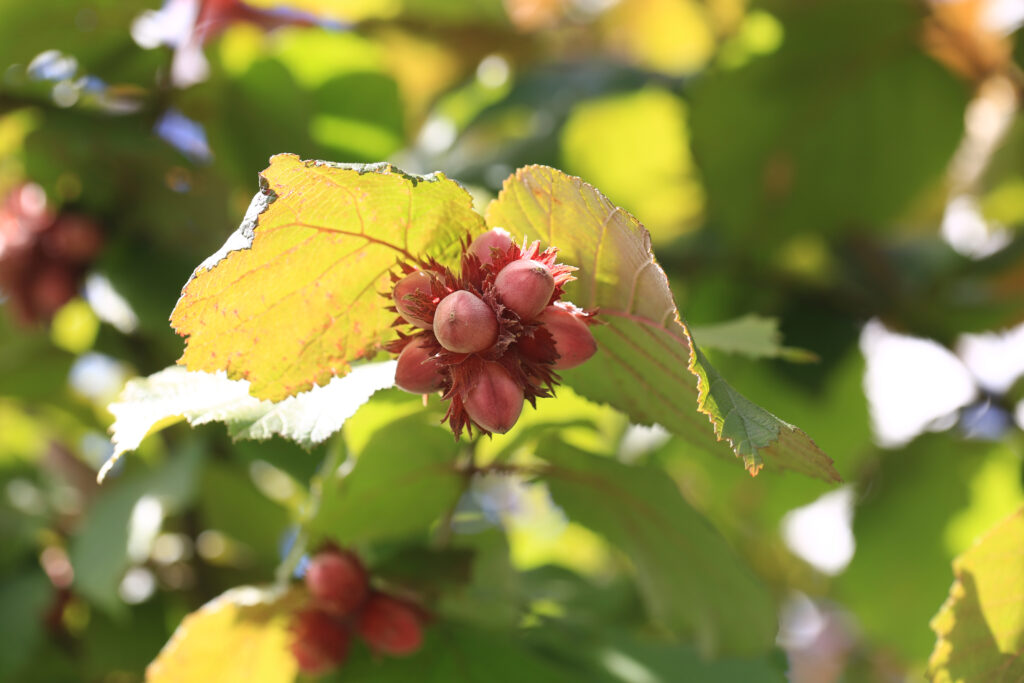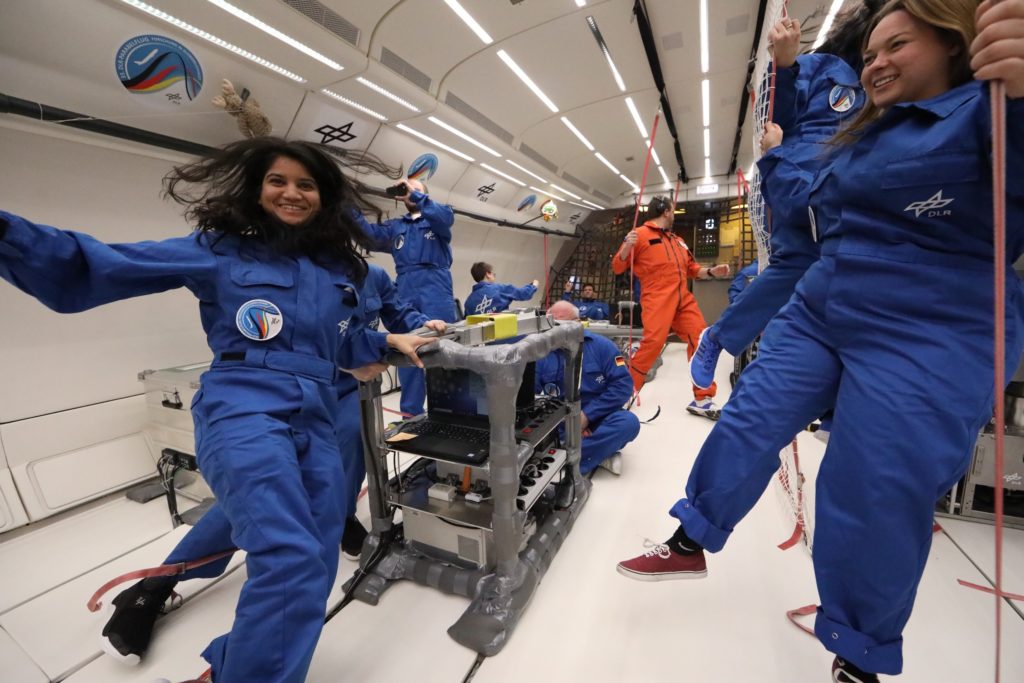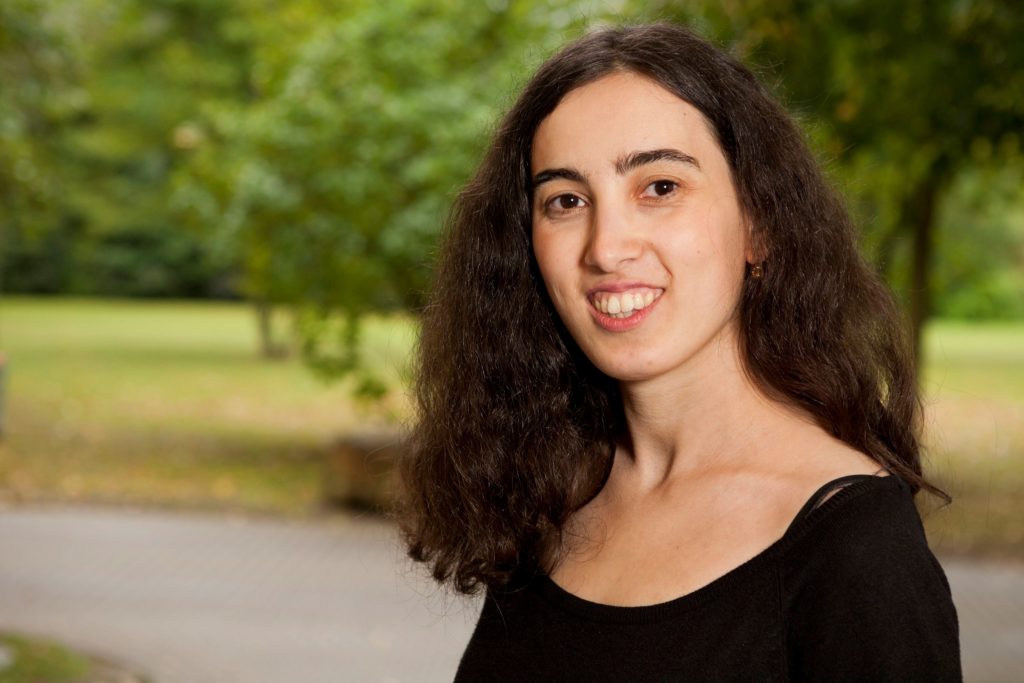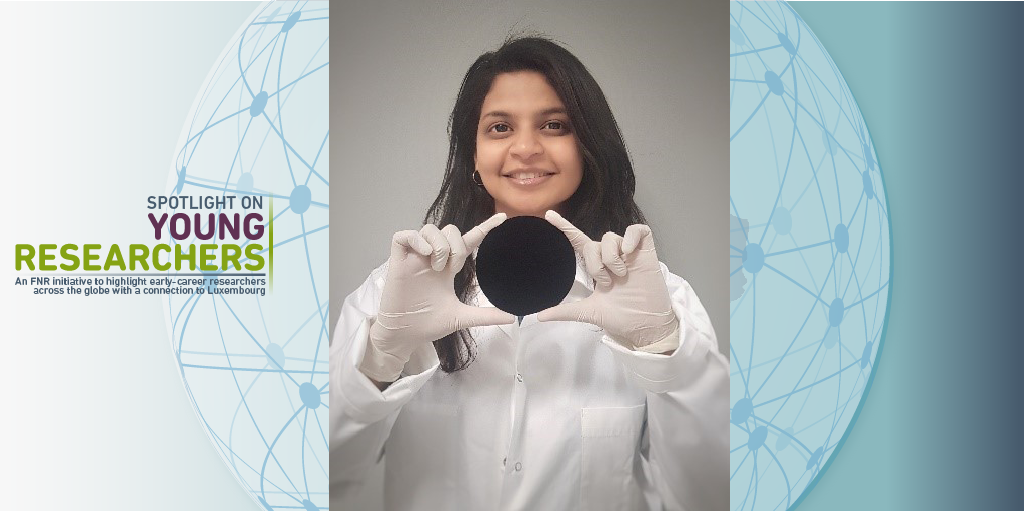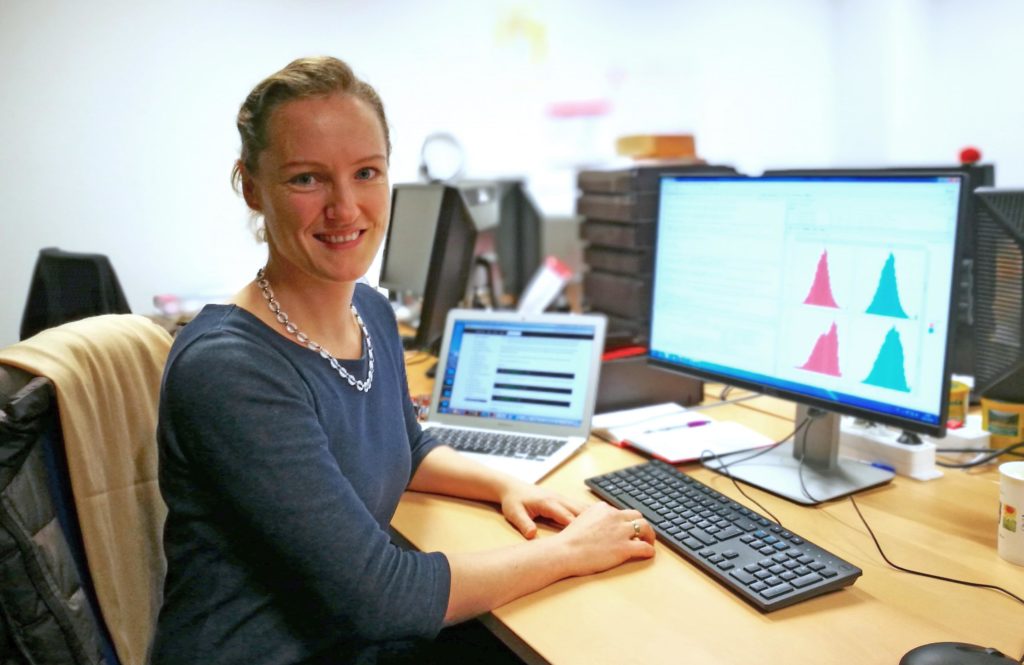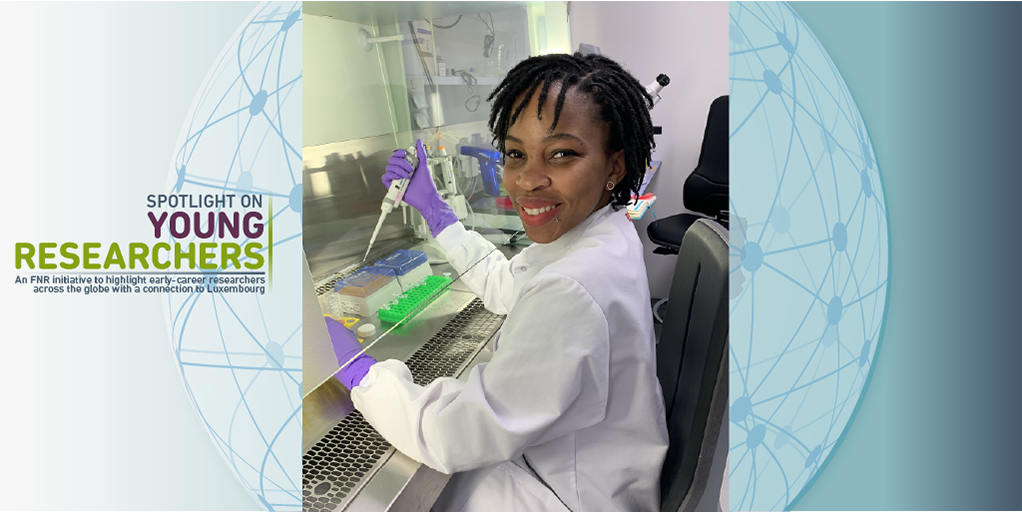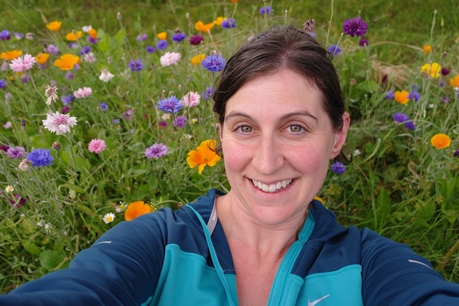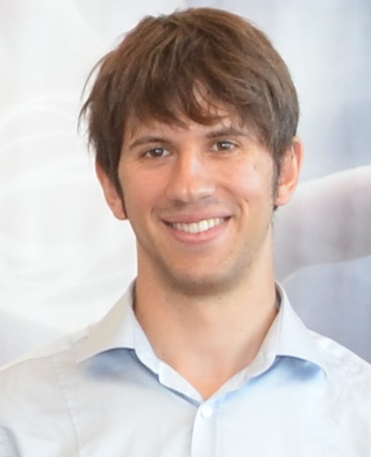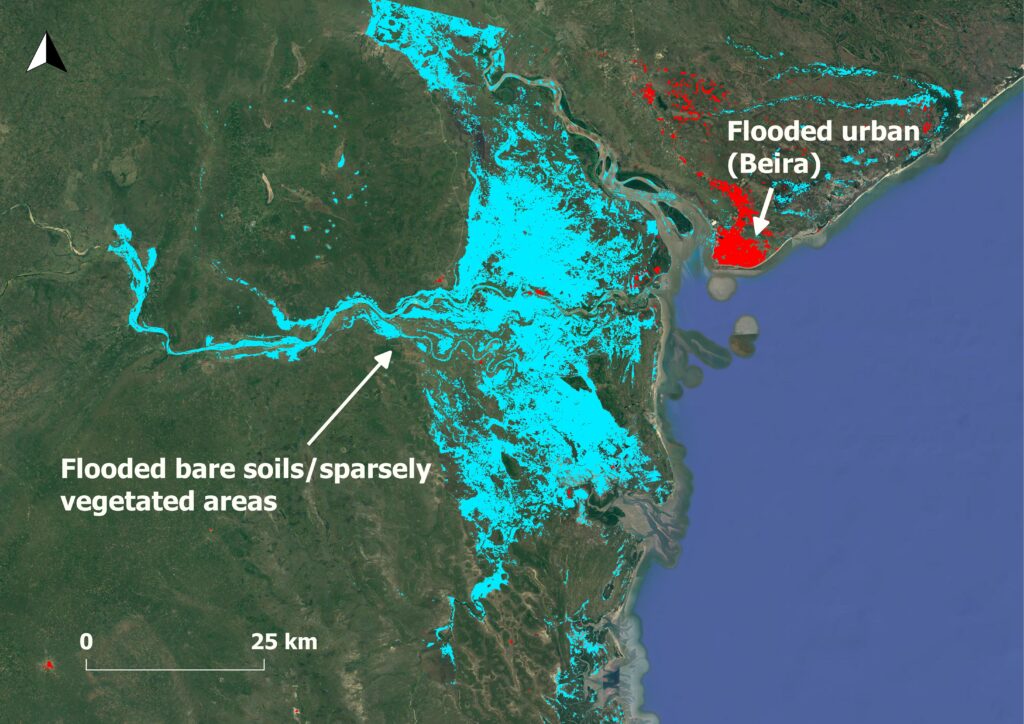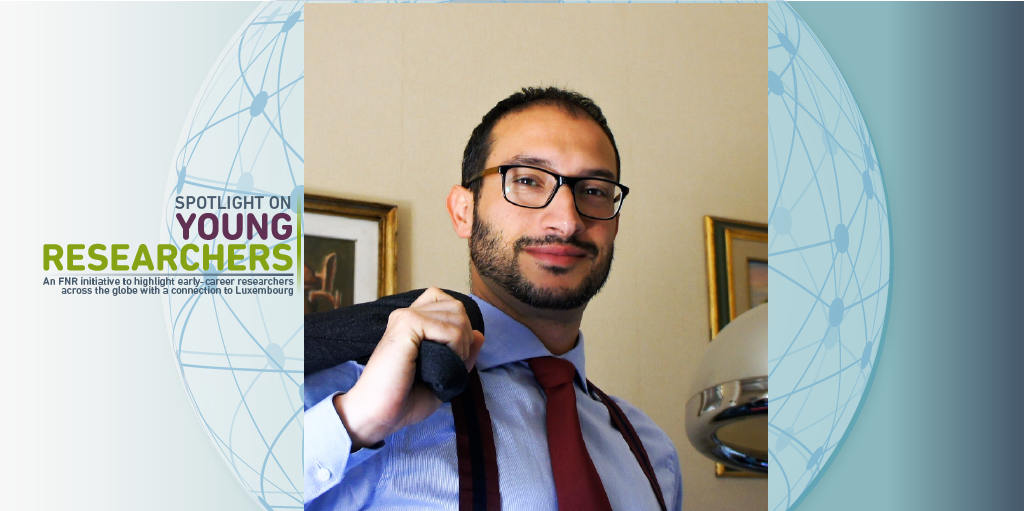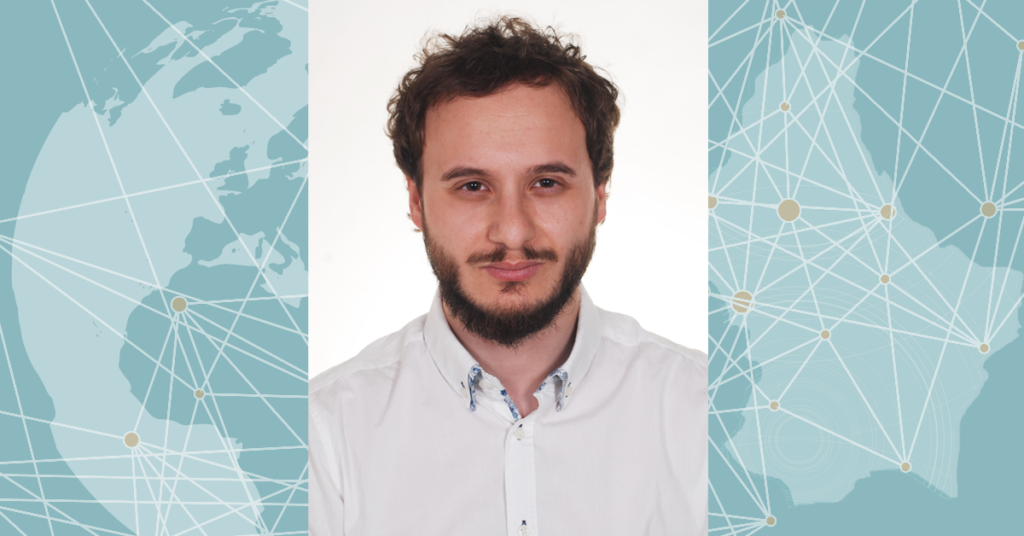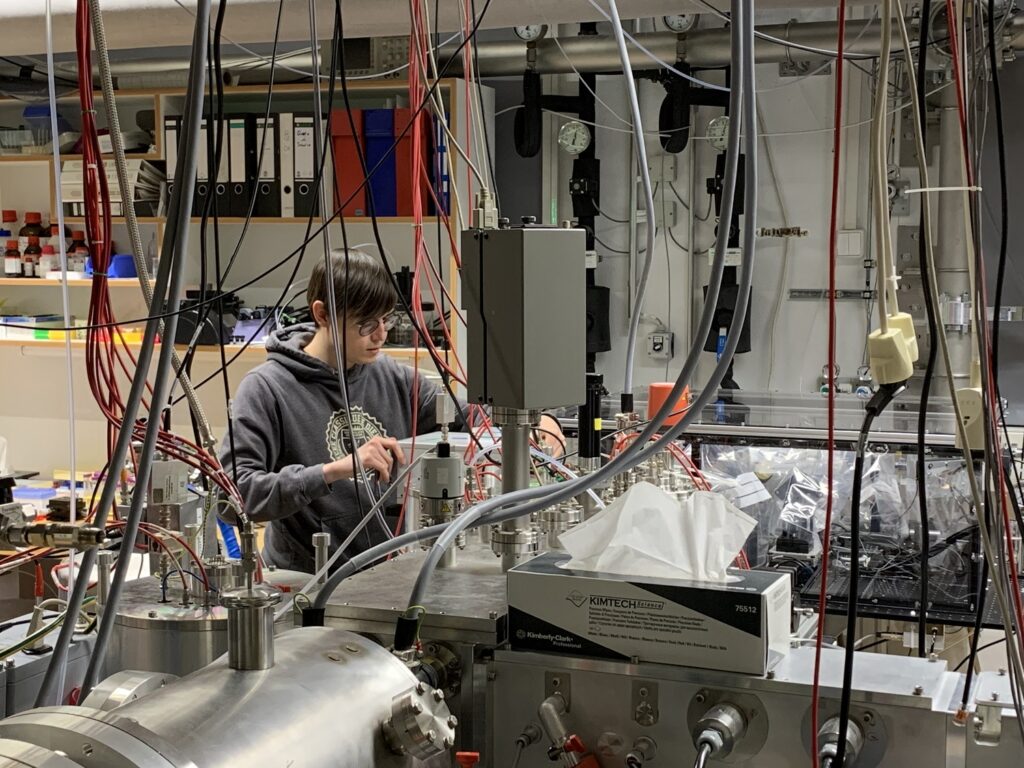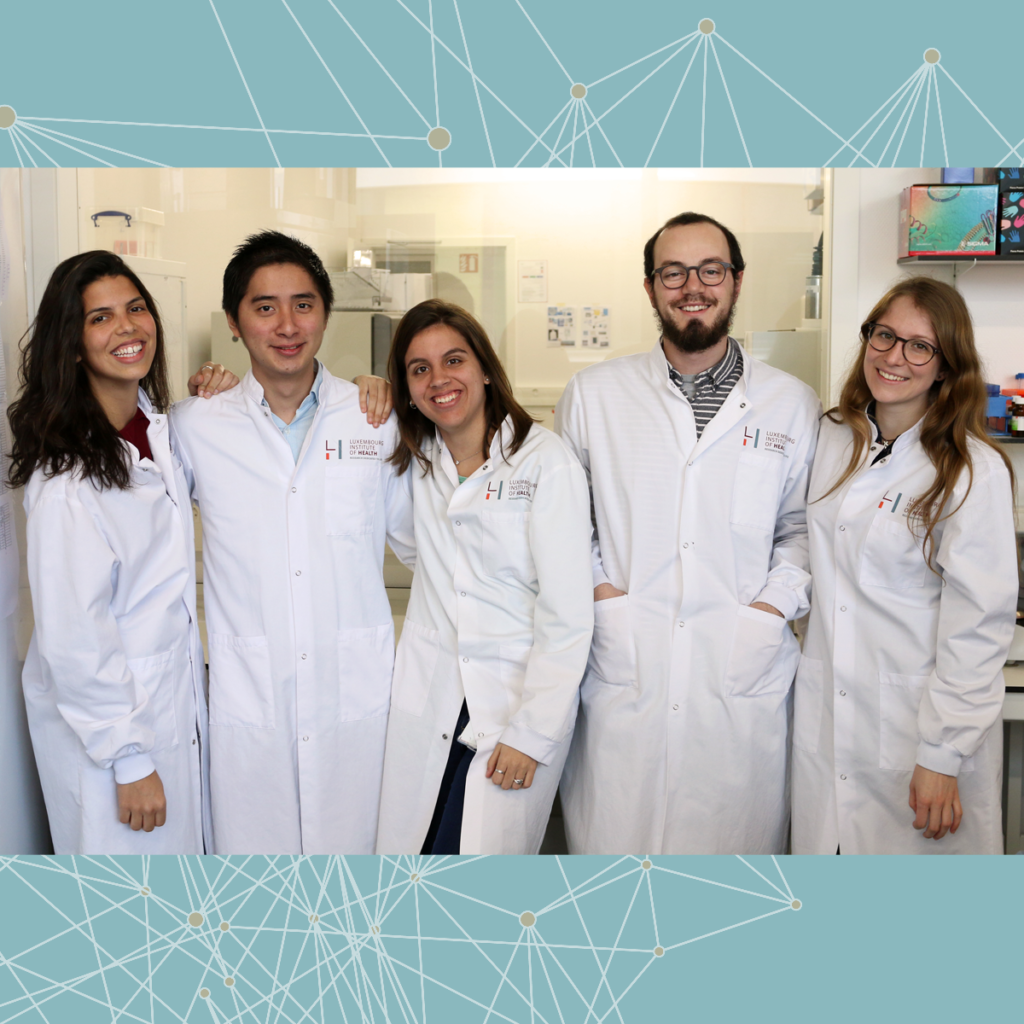
Excessive use of fertilisers in agriculture has led to nitrogen pollution, and calls for bio substitutes are getting louder. PhD candidate Bella Tsachidou from Luxembourg Institute of Science and Technology (LIST) gathers scientific evidence on the benefits of biogas residues and their suitability as biofertilisers, while providing support for the modification of nitrogen-policies on European and global level.
“The main concern of my field today is how to best address the global nitrogen pollution challenge caused by agricultural practices such as the excessive use of chemical fertilizers. Addressing this challenge on a fundamental level requires firm scientific evidence obtained through research and includes raising awareness and informing policy makers,” Bella Tsachidou explains.
In order to tackle the challenge posed by chemical fertilisers, researchers in this field want to prove the benefits of biogas residues and demonstrate their potential to be a substitute for chemical fertilisers.
The results obtained by Bellla and the ‘Systems and Bioprocessing Engineering’ research group Bella works in, have already been partially used by the Joint Research Center of the European Commission to develop criteria for the safe use of these alternative biofertilisers.
Biogas residues as alternative fertiliser
Bella’s research aims to prove the environmental and agronomic benefits of biogas residues as alternative biofertilisers to the conventional chemical fertilisers that have led to the nitrogen cascade.
The research entails field trials established across the grasslands of the Greater Region where different fertilisation schemes are tested for their polluting potential, their agricultural performance and their impact on soil bacterial communities cycling essential mineral elements such as nitrogen.
The findings of this study could be used to inform the current nitrogen management legislation (such as the EU Nitrates Directive) and to provide guidance for the development of future policy priorities not only on regional and European level but also on global scale.
“Overall, in the Environmental Research and Innovation (ERIN) department, the members of the Biosystems and Bioprocess Engineering group are bound up with the ties of anaerobic digestion, which is the most advanced technology to convert organic waste into bioenergy and biofertilizers.
“As a team, we work on different aspects of this process aiming to understand its full potential and address the challenges related to sustainability, circular economy and climate change. We bring our niche together to investigate the environmental and biotechnological benefits that steam from the eco-friendly multipurpose process of anaerobic digestion,” Bella explains.


27th May, 2019 – 30th May, 2019
Lisbon Congress Center, Lisbon, Portugal
Modification of nitrogen policies
In the third year of her PhD at LIST’s Environmental Research & Innovation Department (ERIN), Bella’s research also aims to raise awareness among farmers and consumers, while contributing towards the modification of the existing nitrogen policies.
“In order to make a difference, as researchers, it is crucial for us to transmit science and allow everyone to identify with our cause in order to facilitate positive change and progress. Communicating my research findings through scientific publications and articles for the broader public, as well as contributing to the modification of EU policies related to agricultural nitrogen pollution have been the highlights of my career so far.”
Beyond a PhD
Beyond her PhD, Bella intends to continue working on this topic and to gather further substantiation on the beneficial effects of biogas residues, in order to prove their potential not only as a means to reduce nitrogen pollution but also as a tool to help combat climate change.
“Research allows me to contribute towards the positive change I wish to see in the world! It also gives me the tools to influence and motivate others, particularly when it comes to global challenges such as climate change. Furthermore, as routine is my biggest enemy, pursuing a career in research allows me to stay agile and on the qui vive.”
Bella’s PhD is part of the «Persephone» Project which is a Transfrontier Program for European Territorial Cooperation and is co-financed by the European Union – European Regional Development Fund 2014-2020 INTERREG VA «Greater Region» and the Ministère de l’Environnement, du Climat et du Développement durable (MECDD) of Luxembourg.
About Spotlight on Young Researchers
Spotlight on Young Researchers is an FNR initiative to highlight early career researchers across the world who have a connection to Luxembourg. The campaign is now in its 5th year, with 60+ researchers already featured. Discover more young researcher stories below.
More in the series SPOTLIGHT ON YOUNG RESEARCHERS
- All
- Cancer research
- Environmental & Earth Sciences
- Humanities & Social Sciences
- Information & Communication Technologies
- Law, Economics & Finance
- Life Sciences, Biology & Medicine
- Materials, Physics & Engineering
- Mathematics
- Research meets industry
- Spotlight on Young Researchers
- Sustainable resource mgmt
- Women in science


